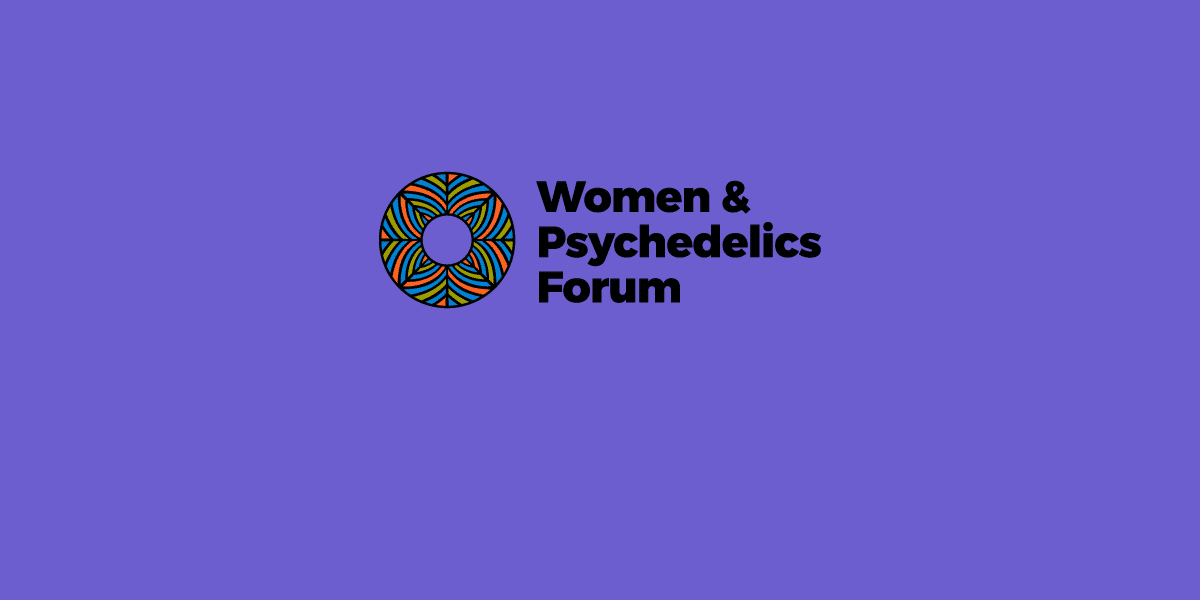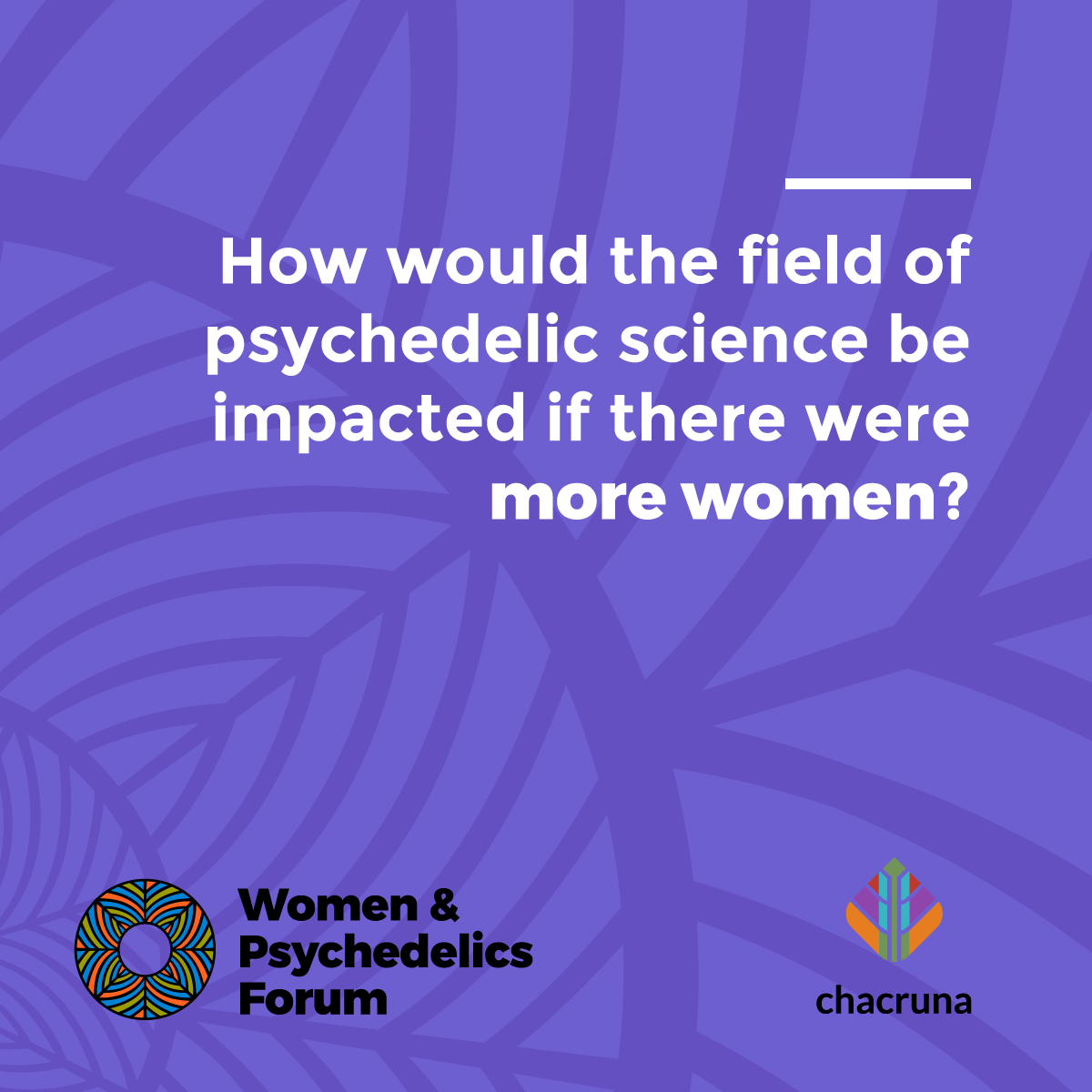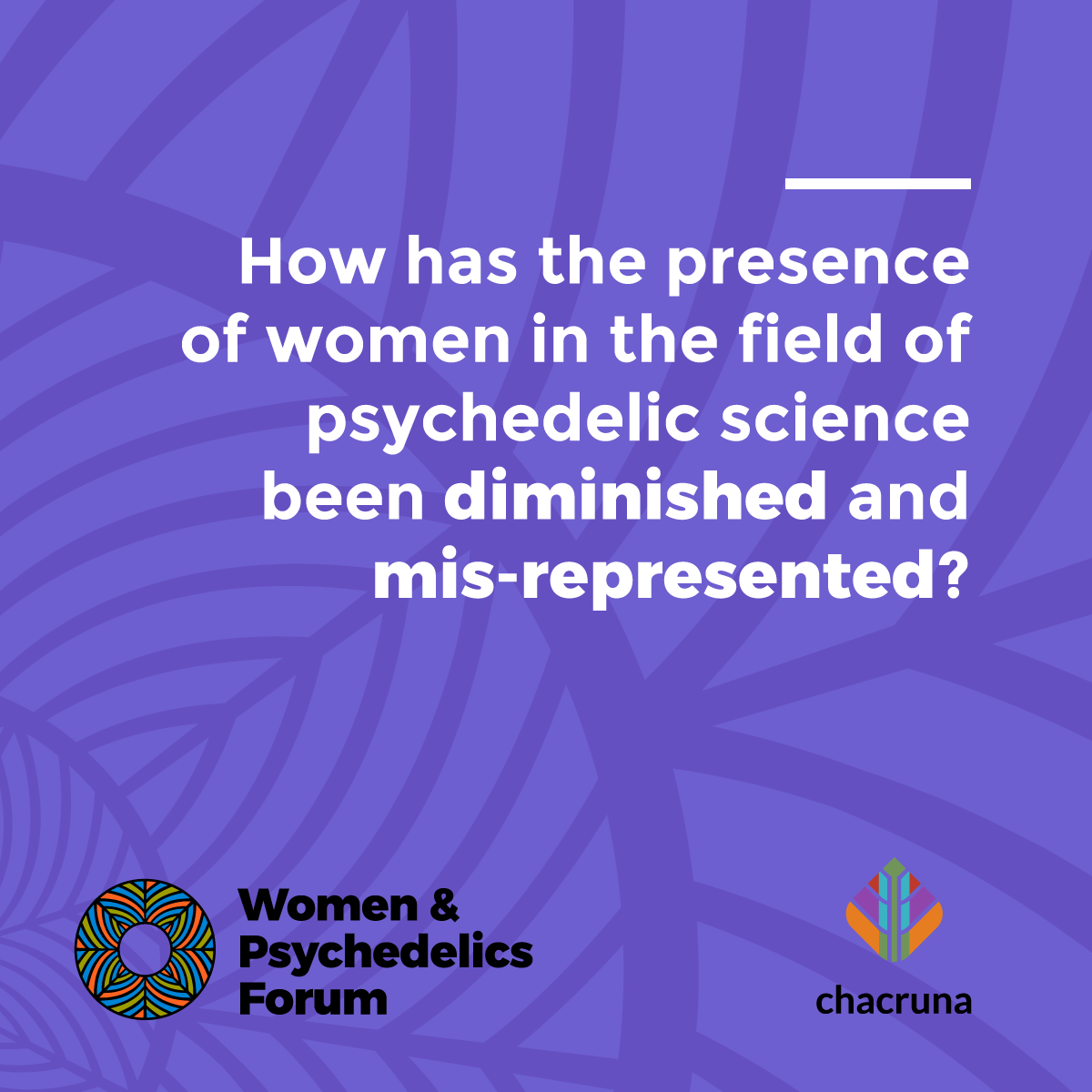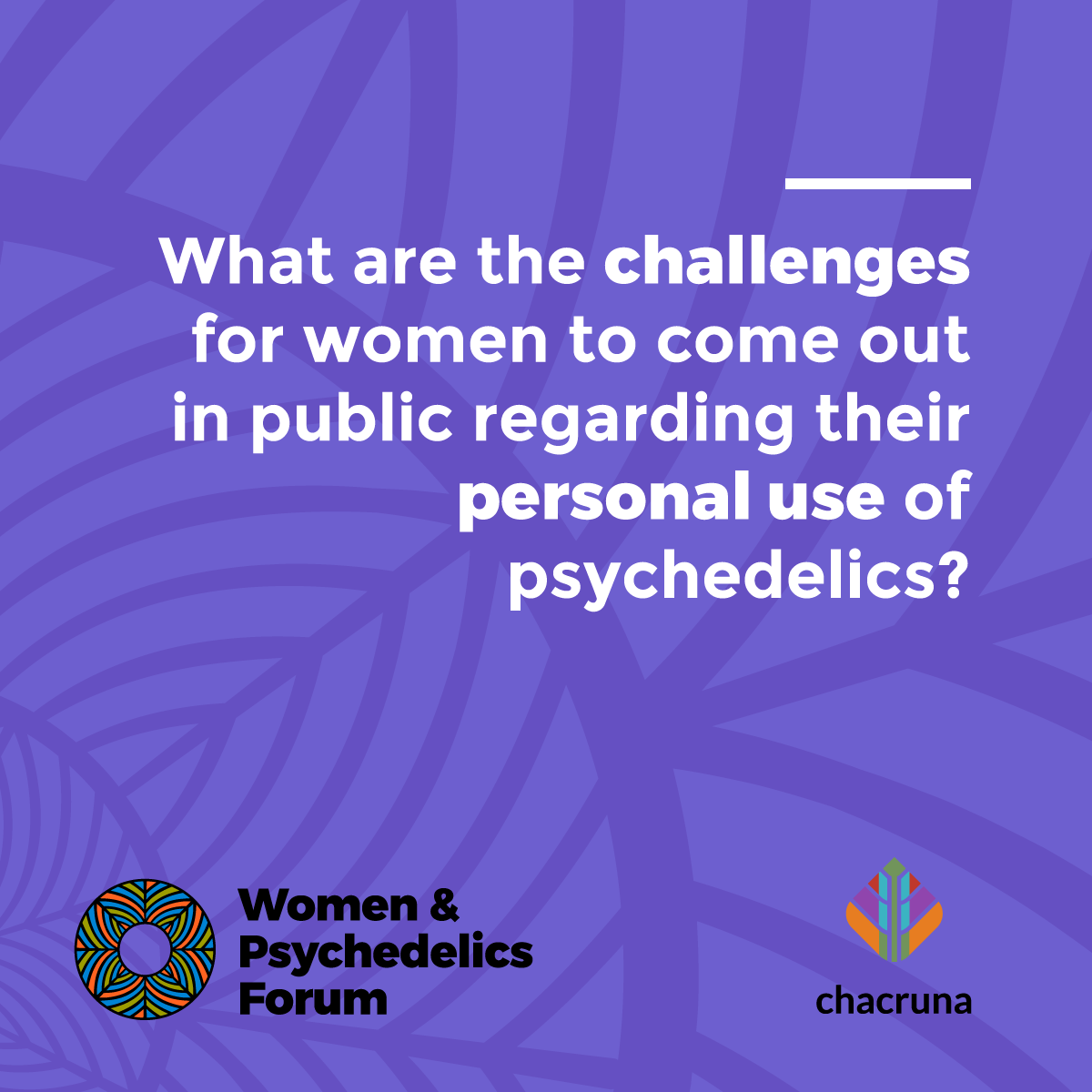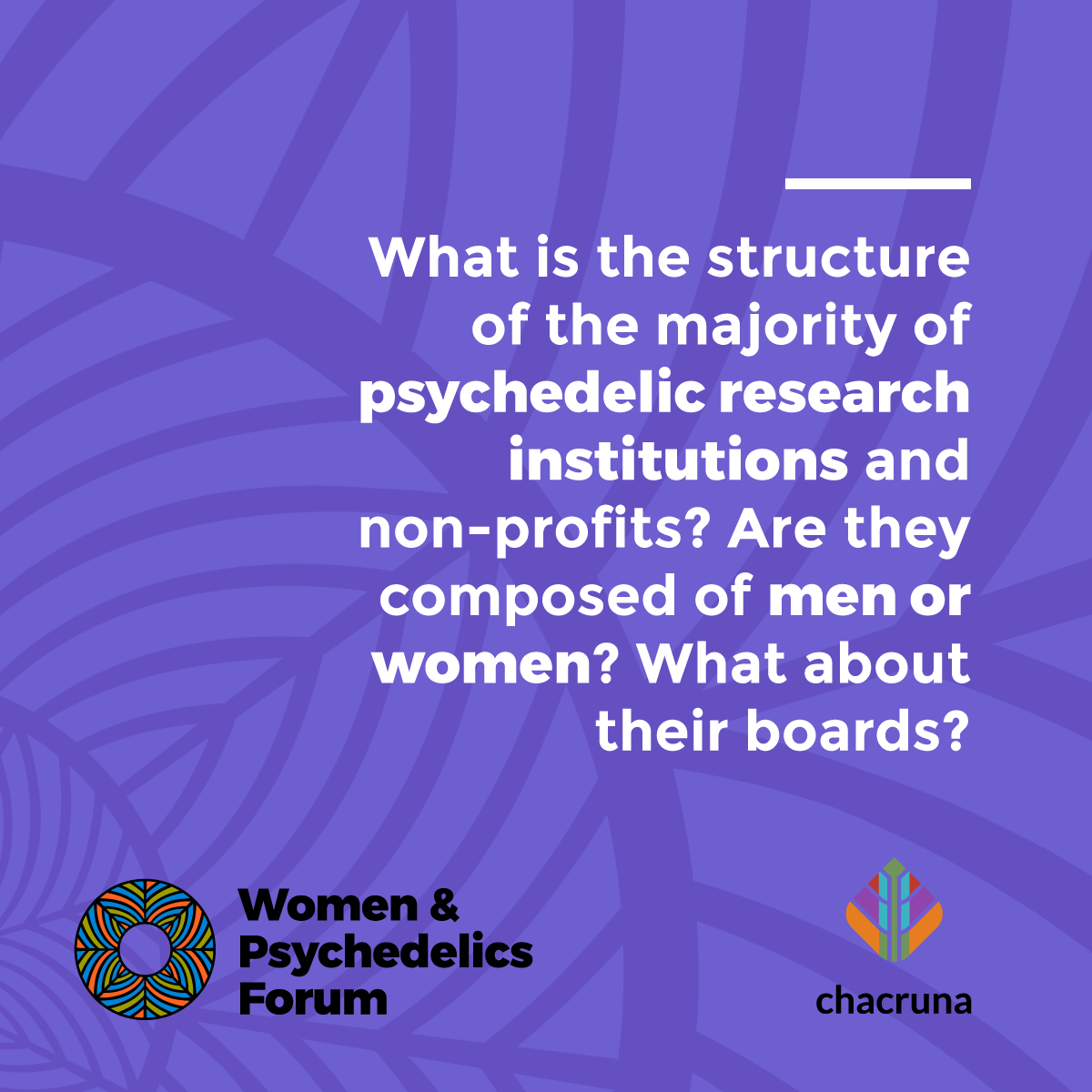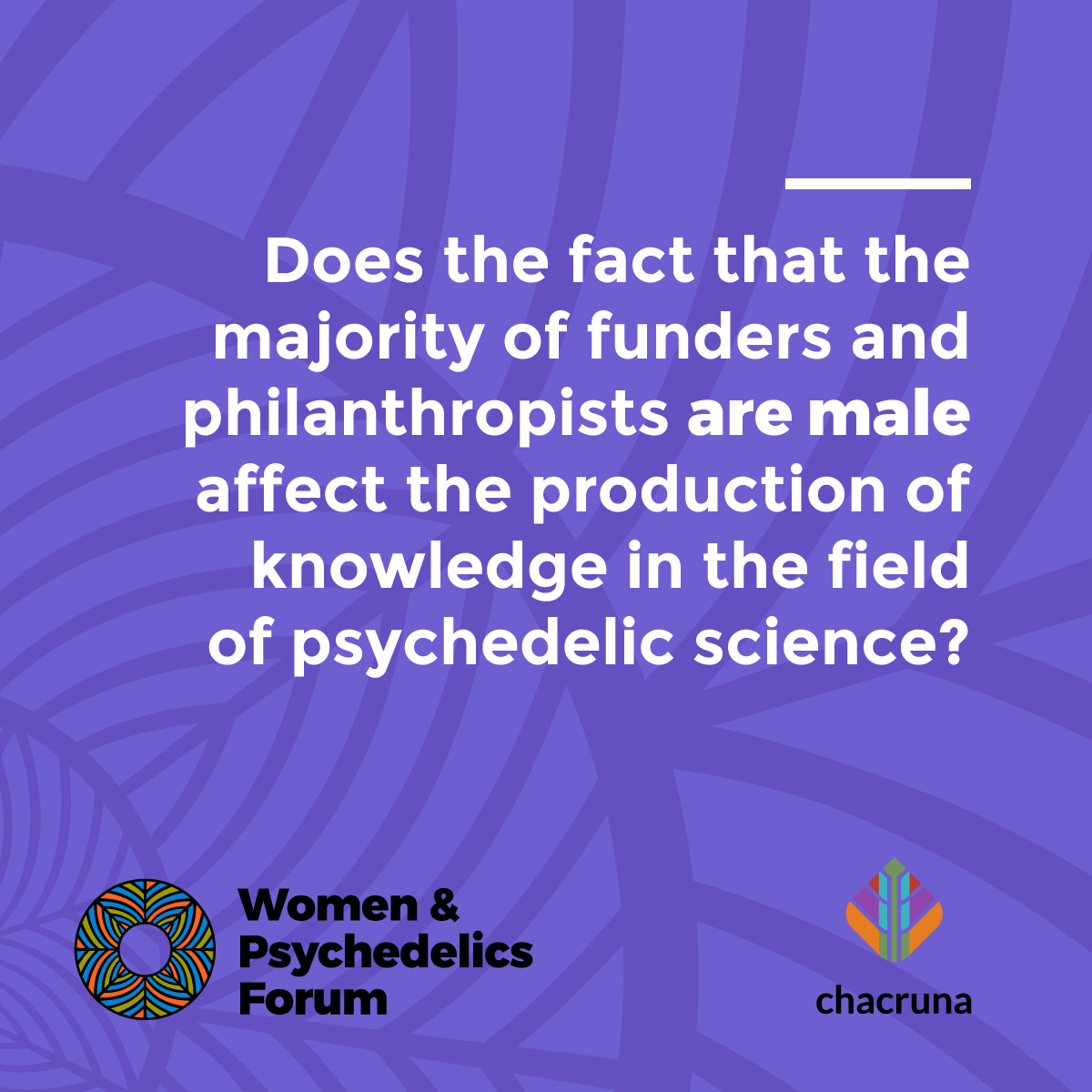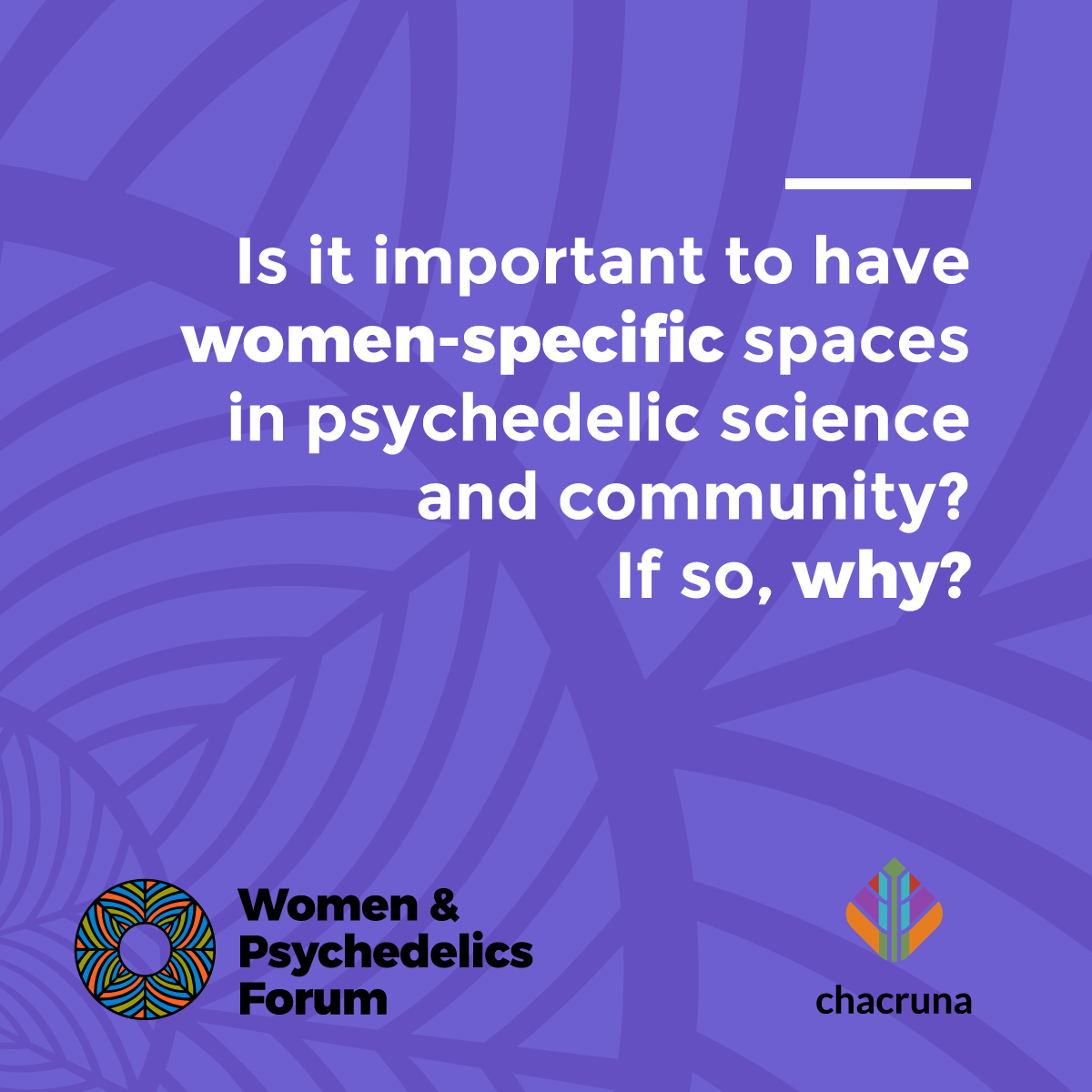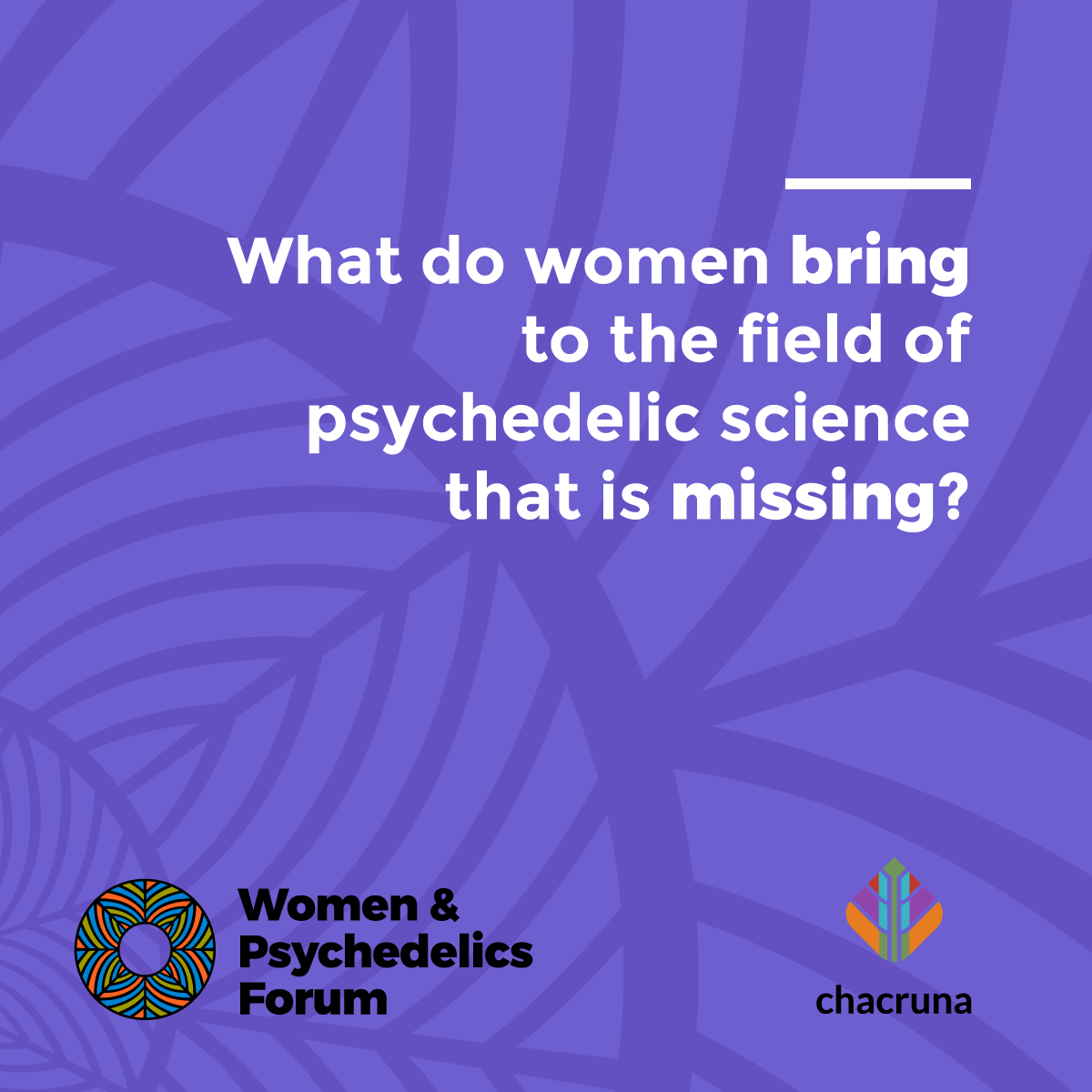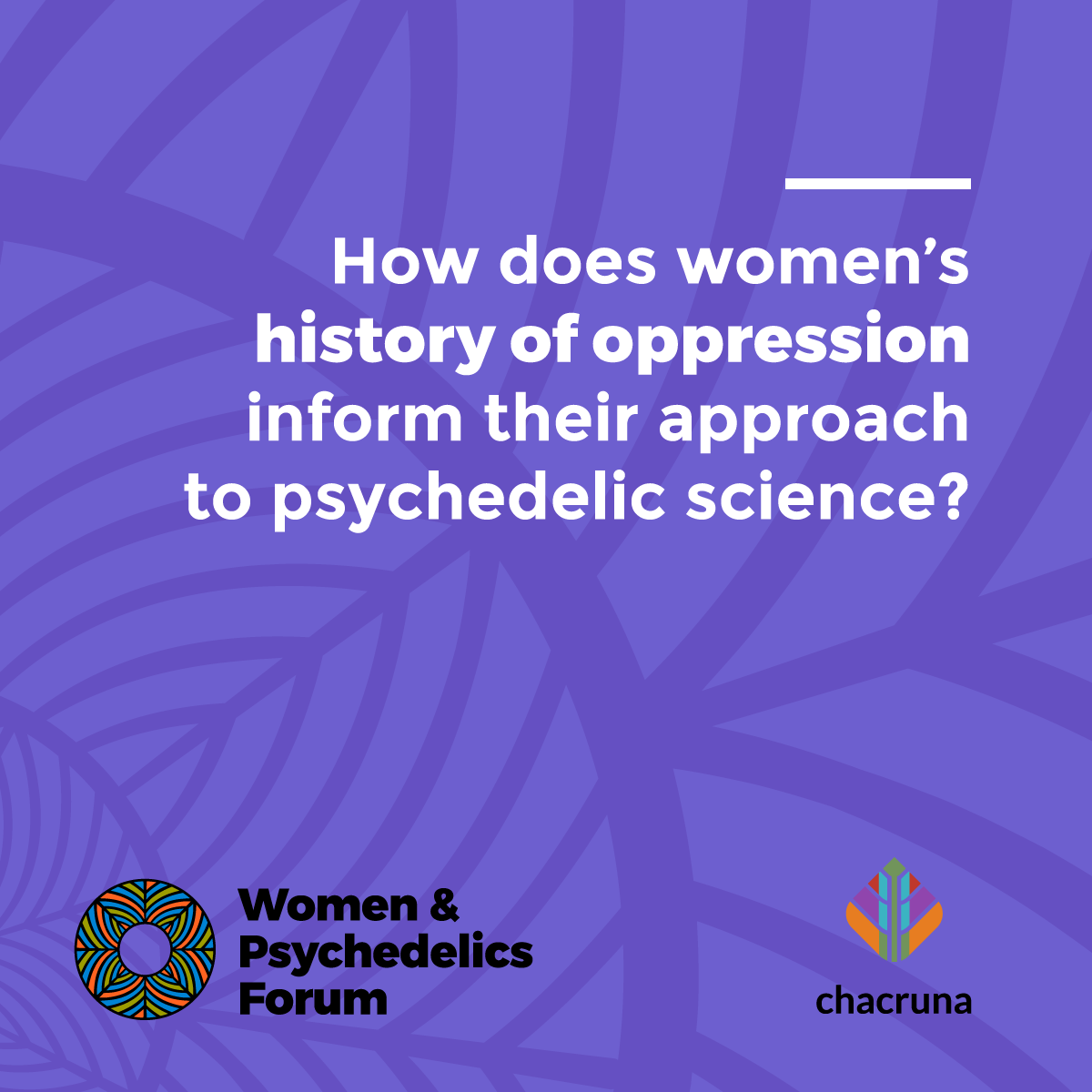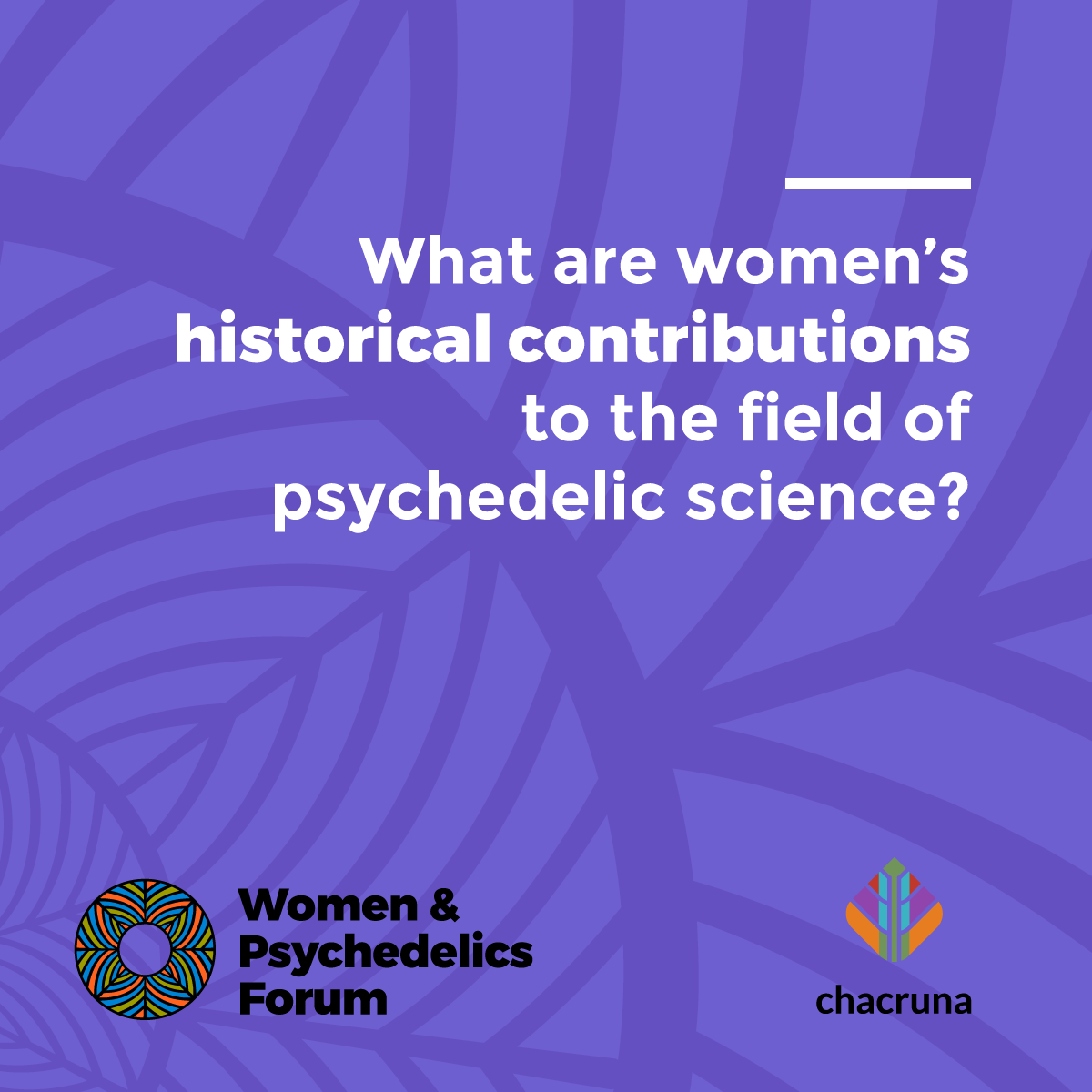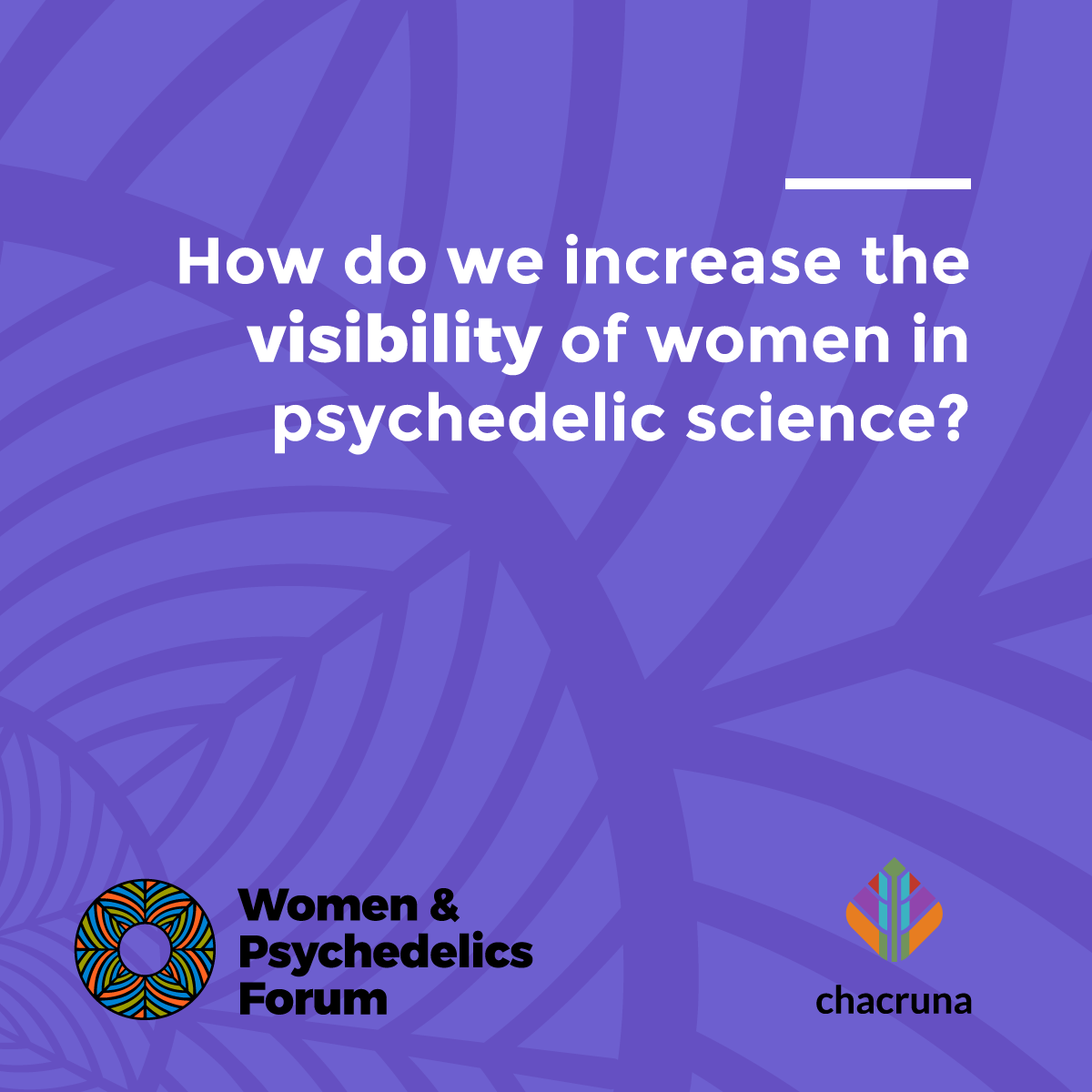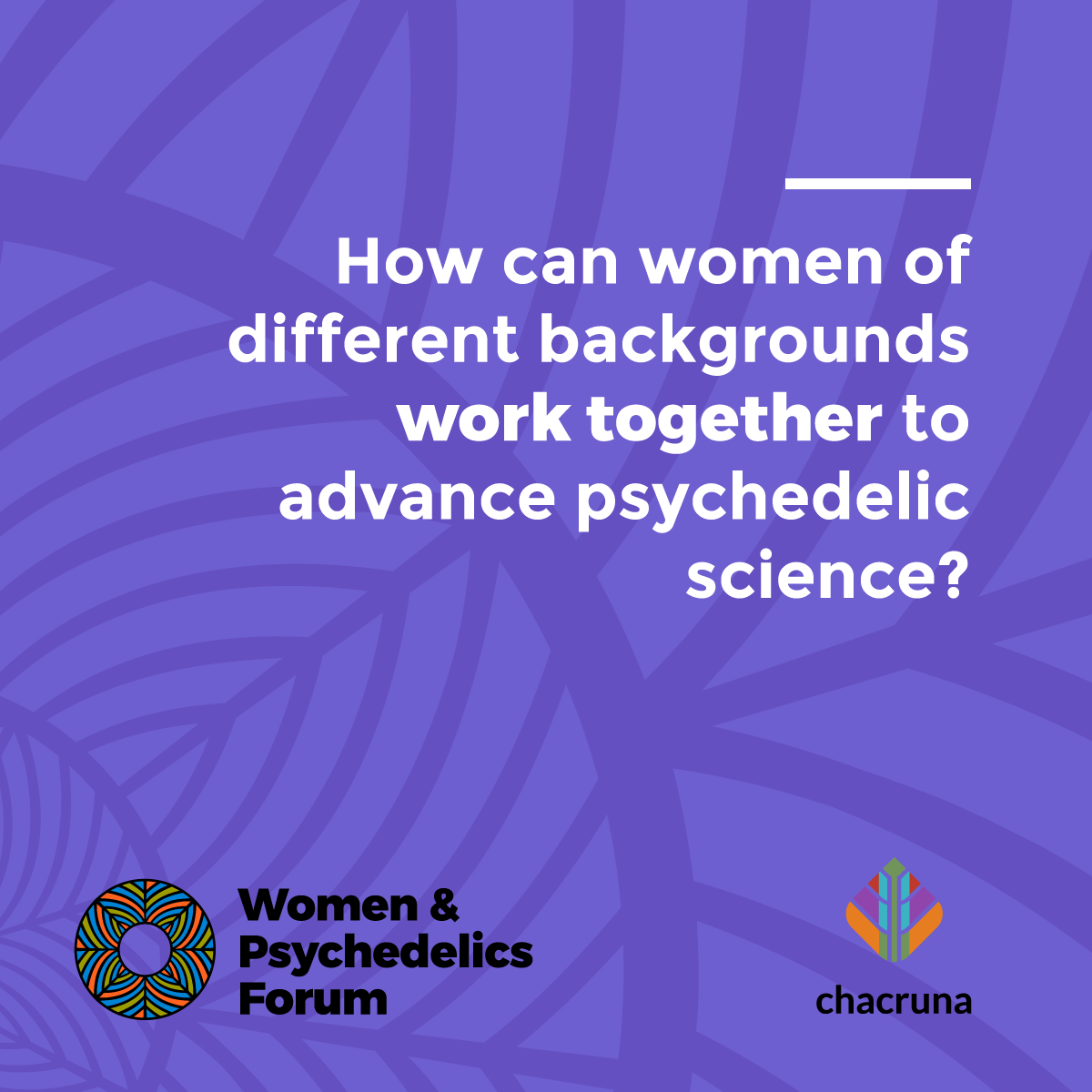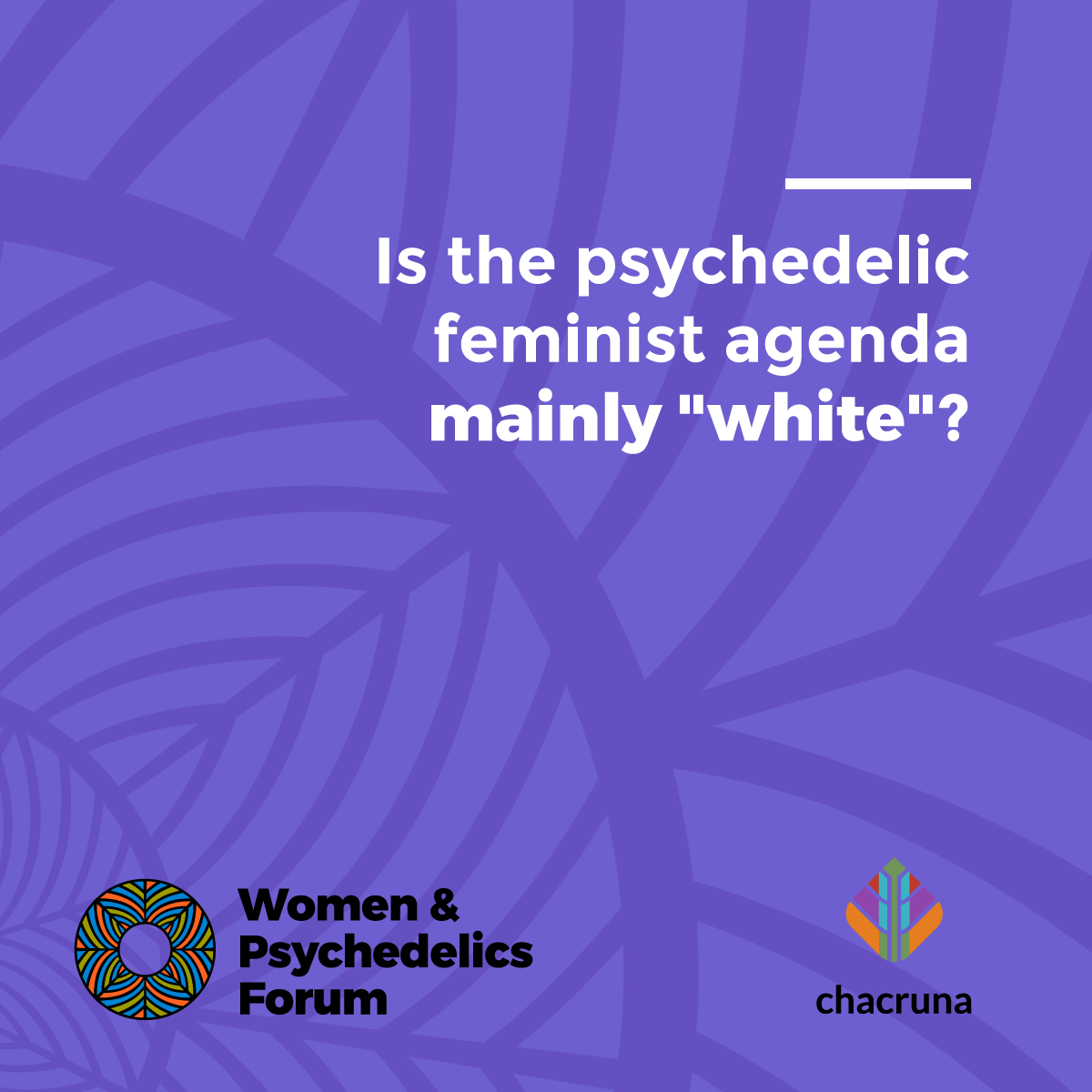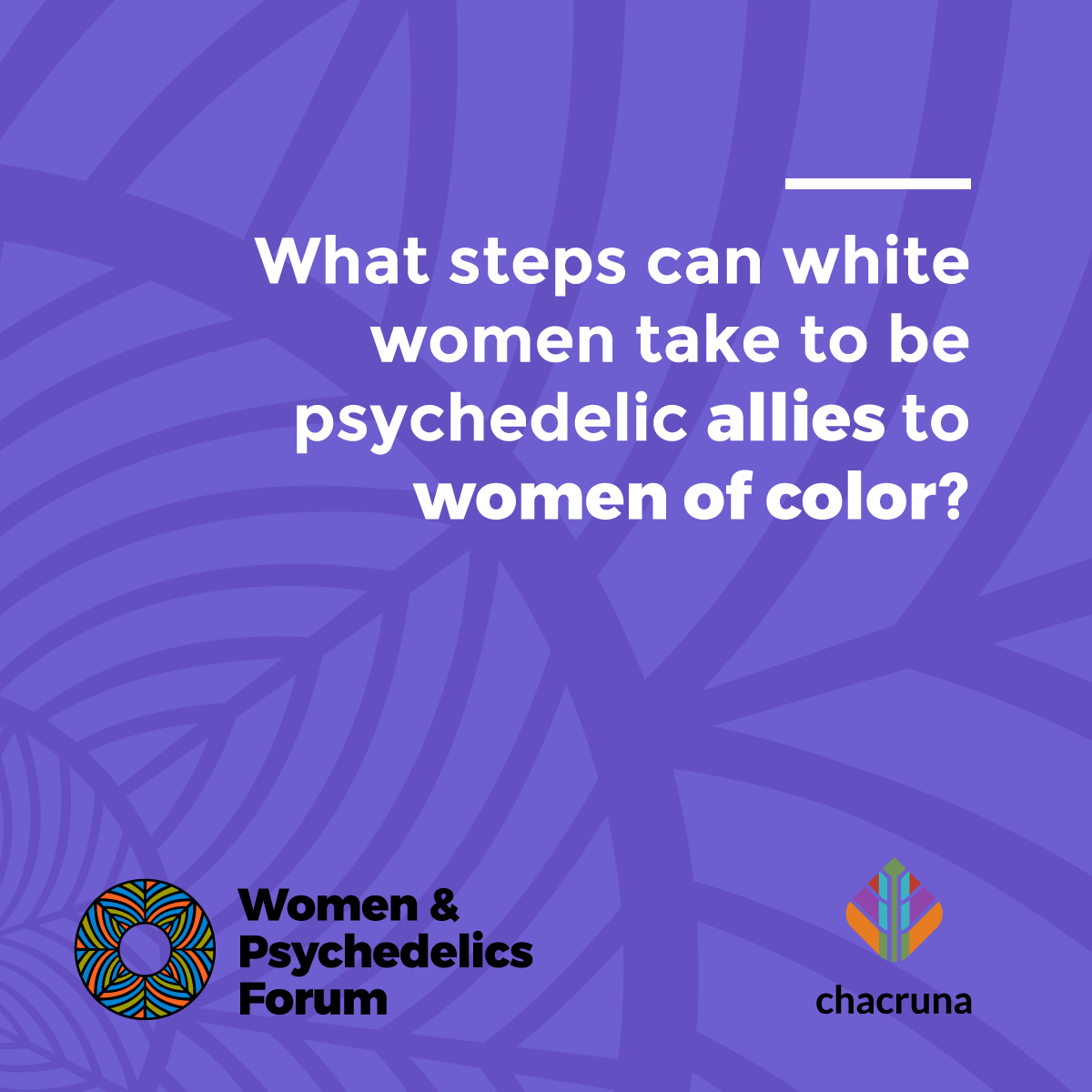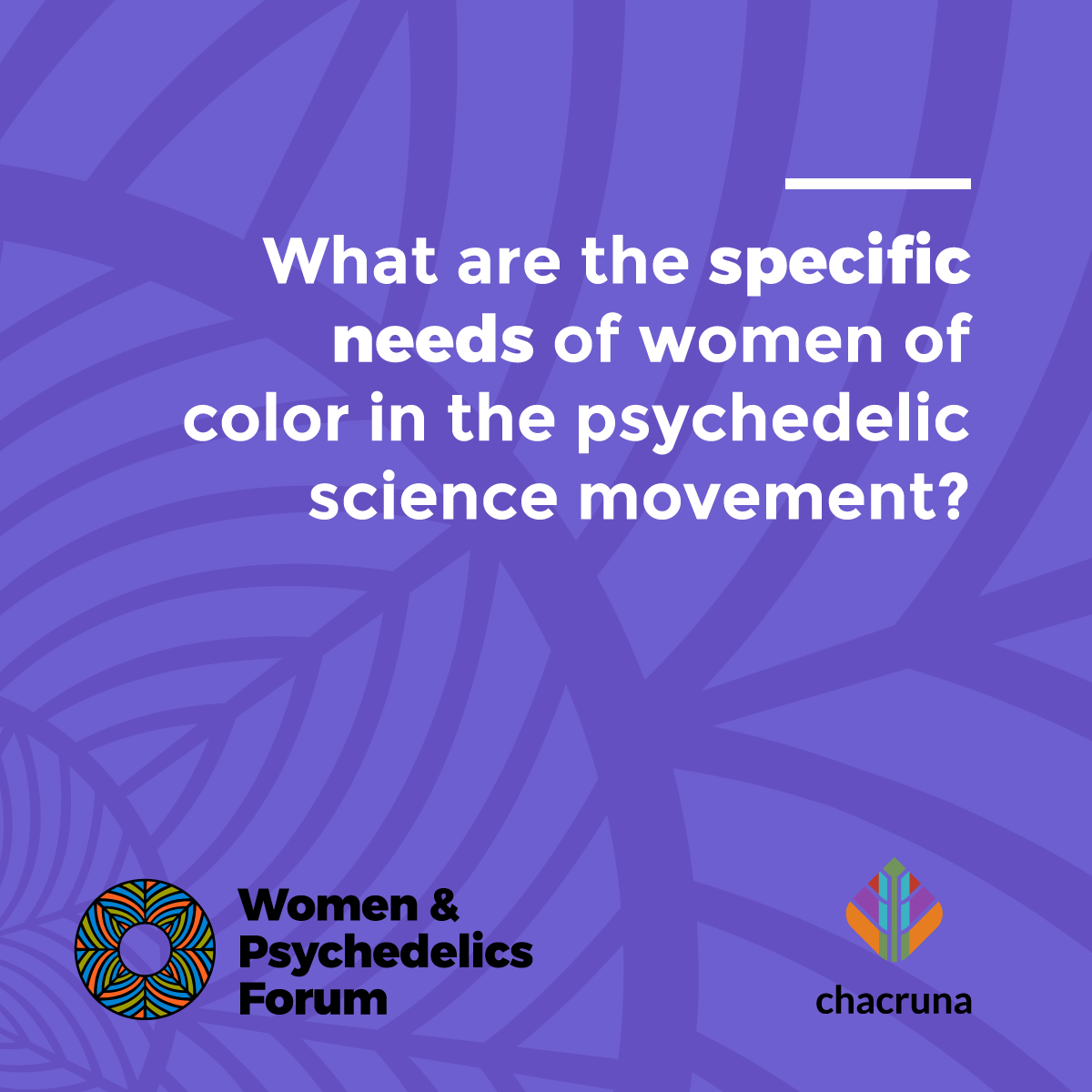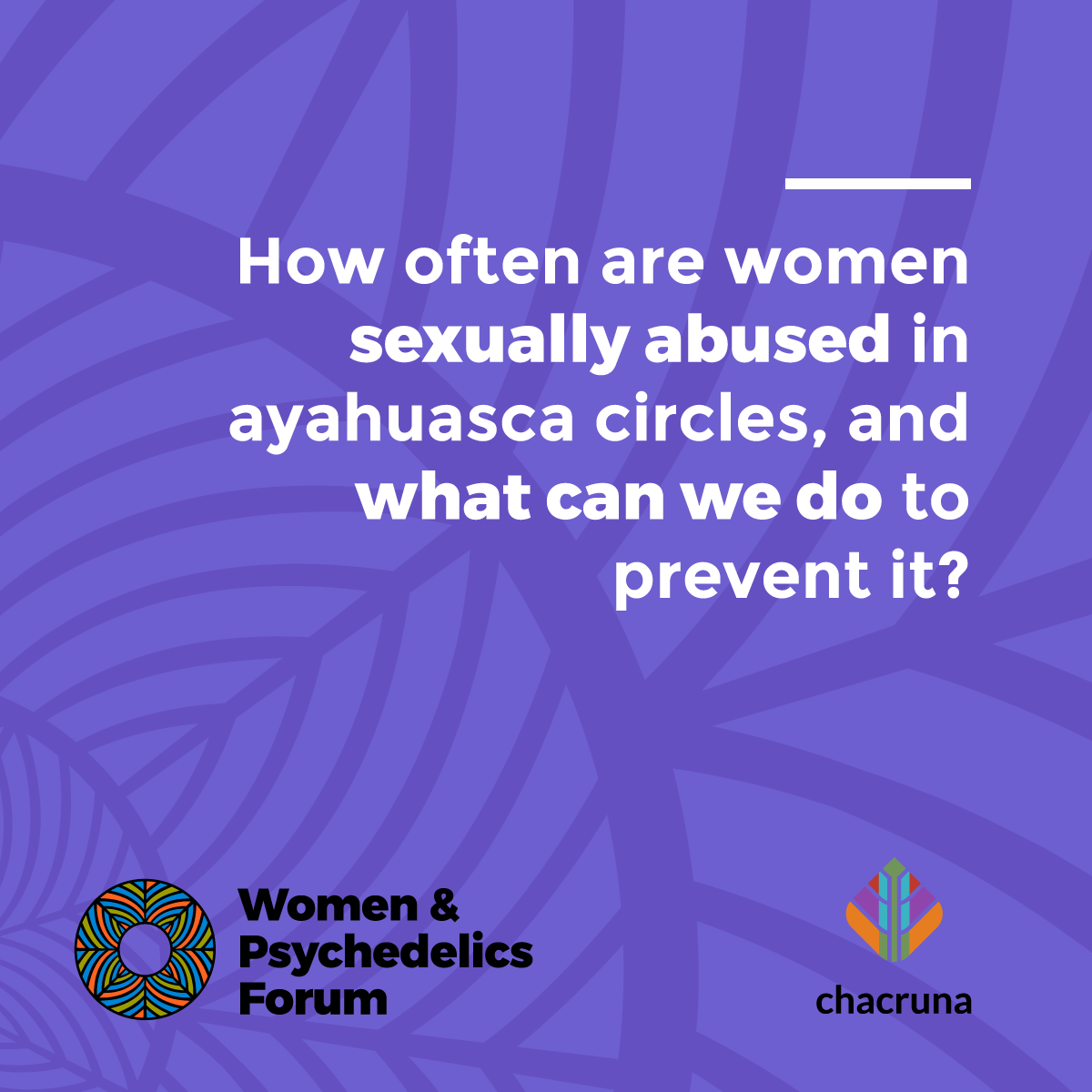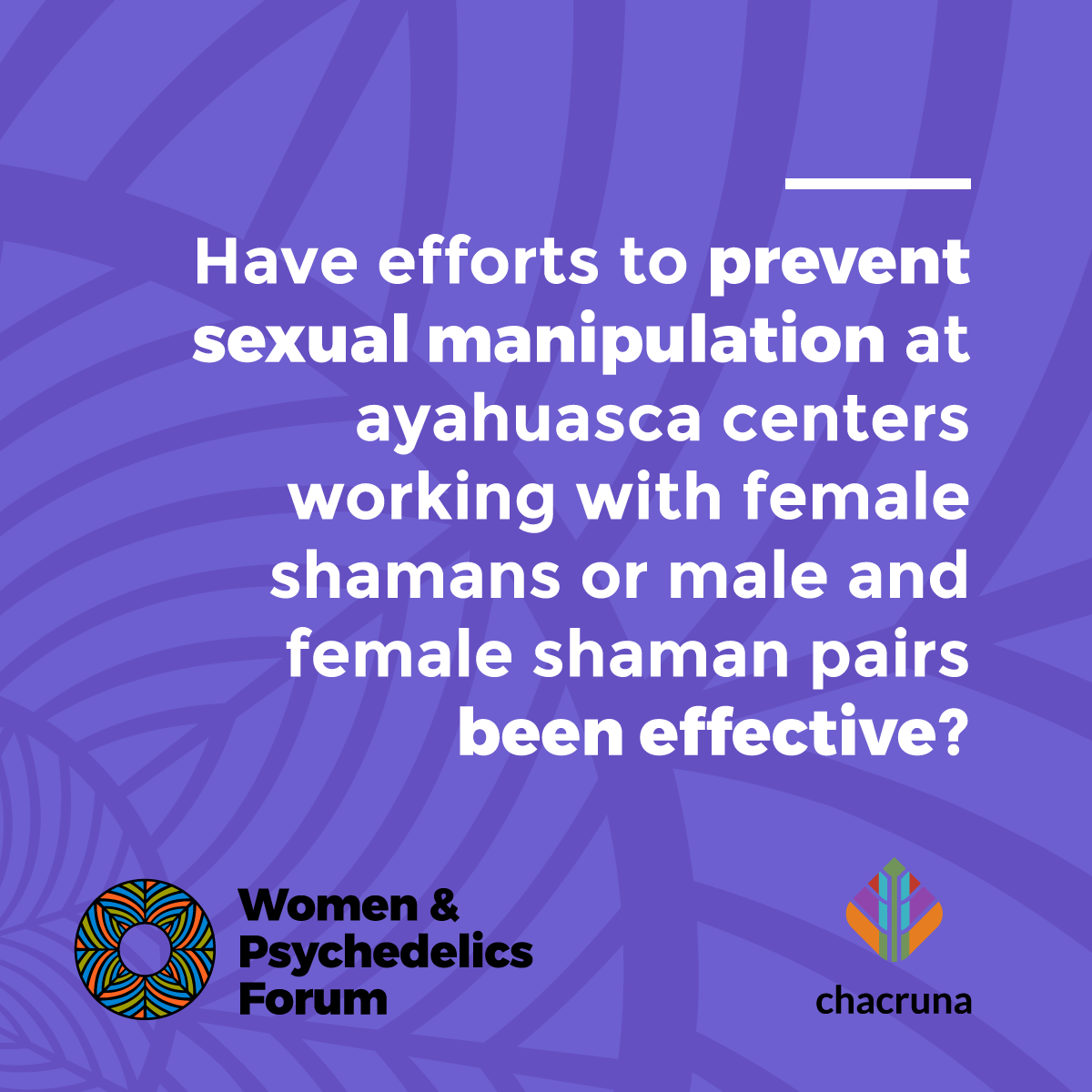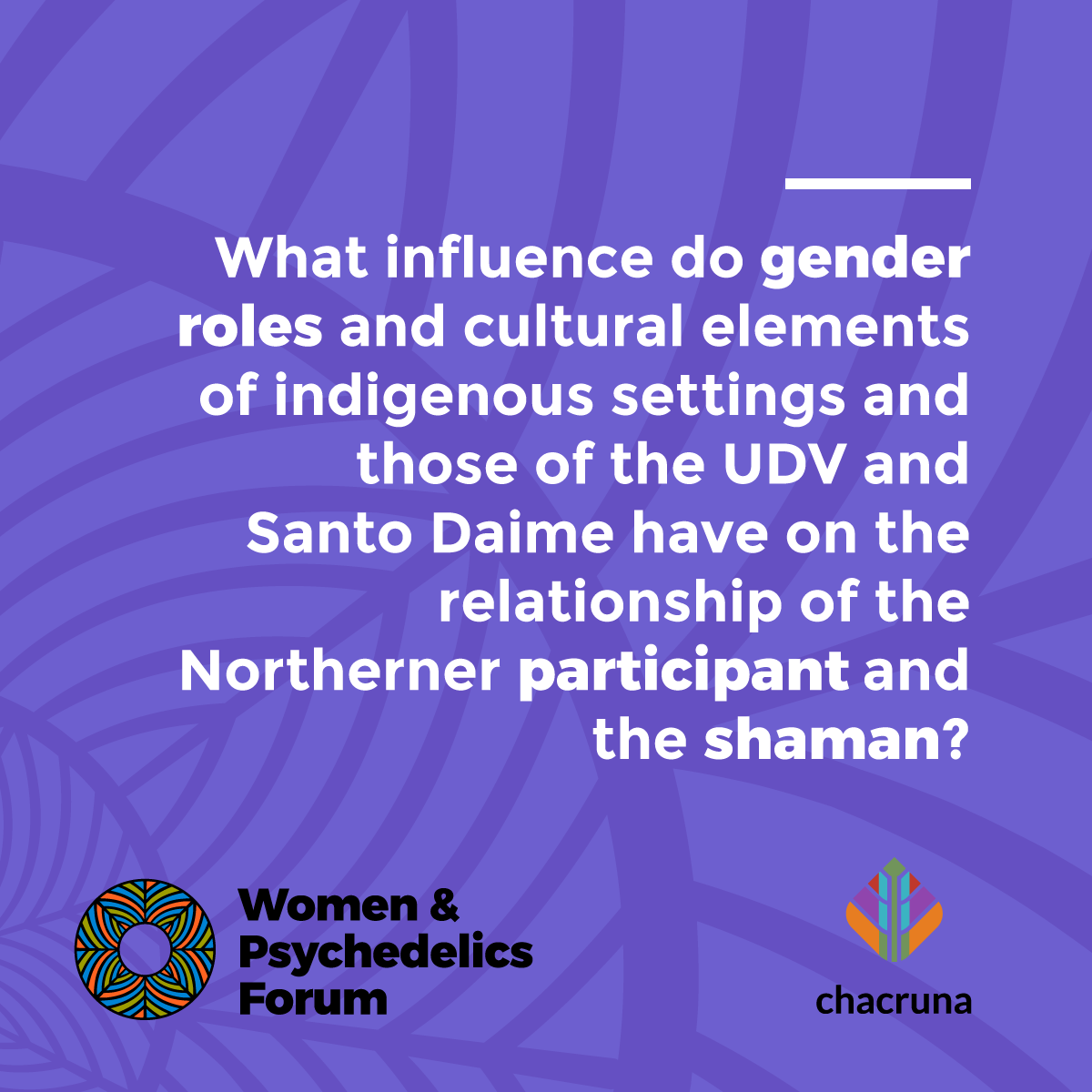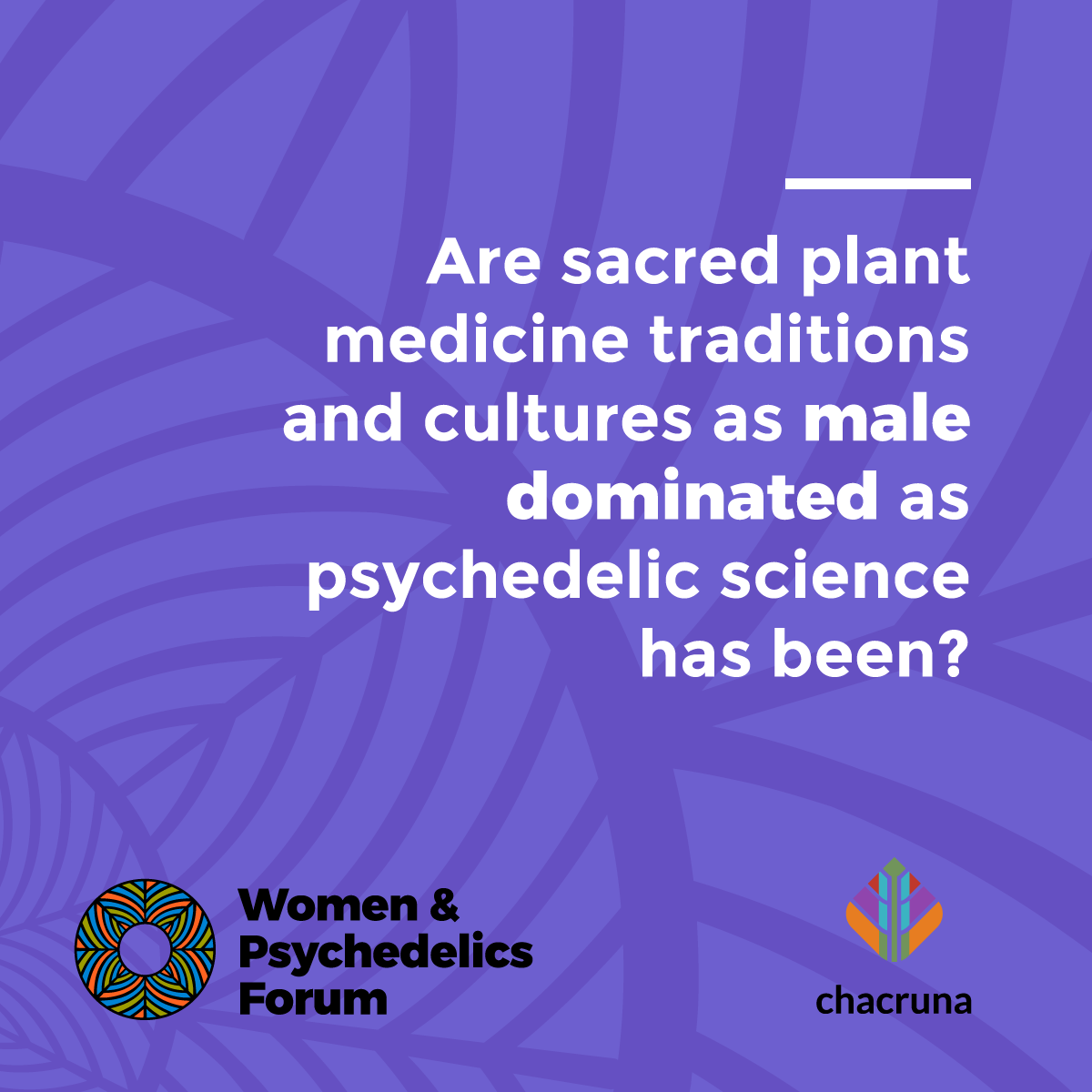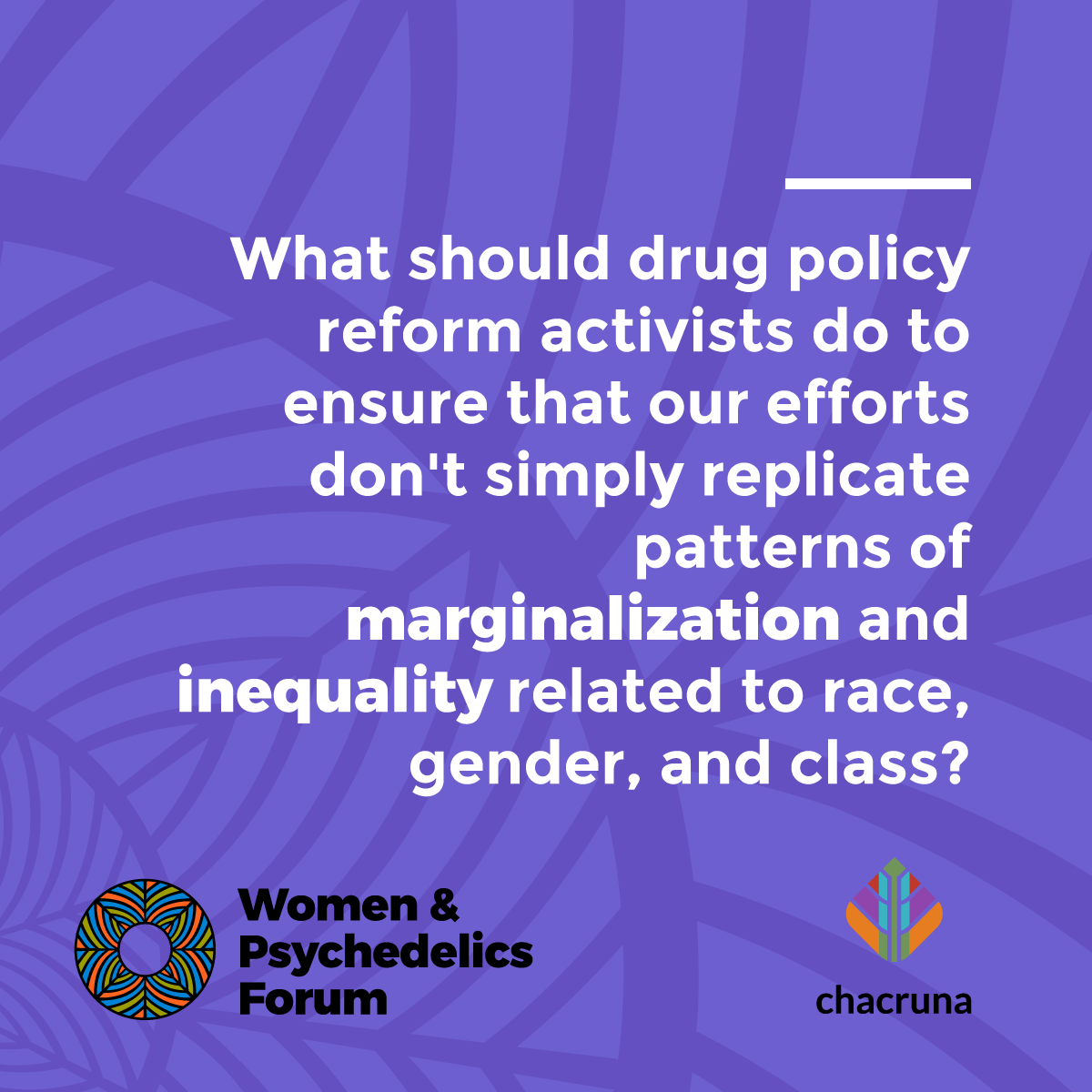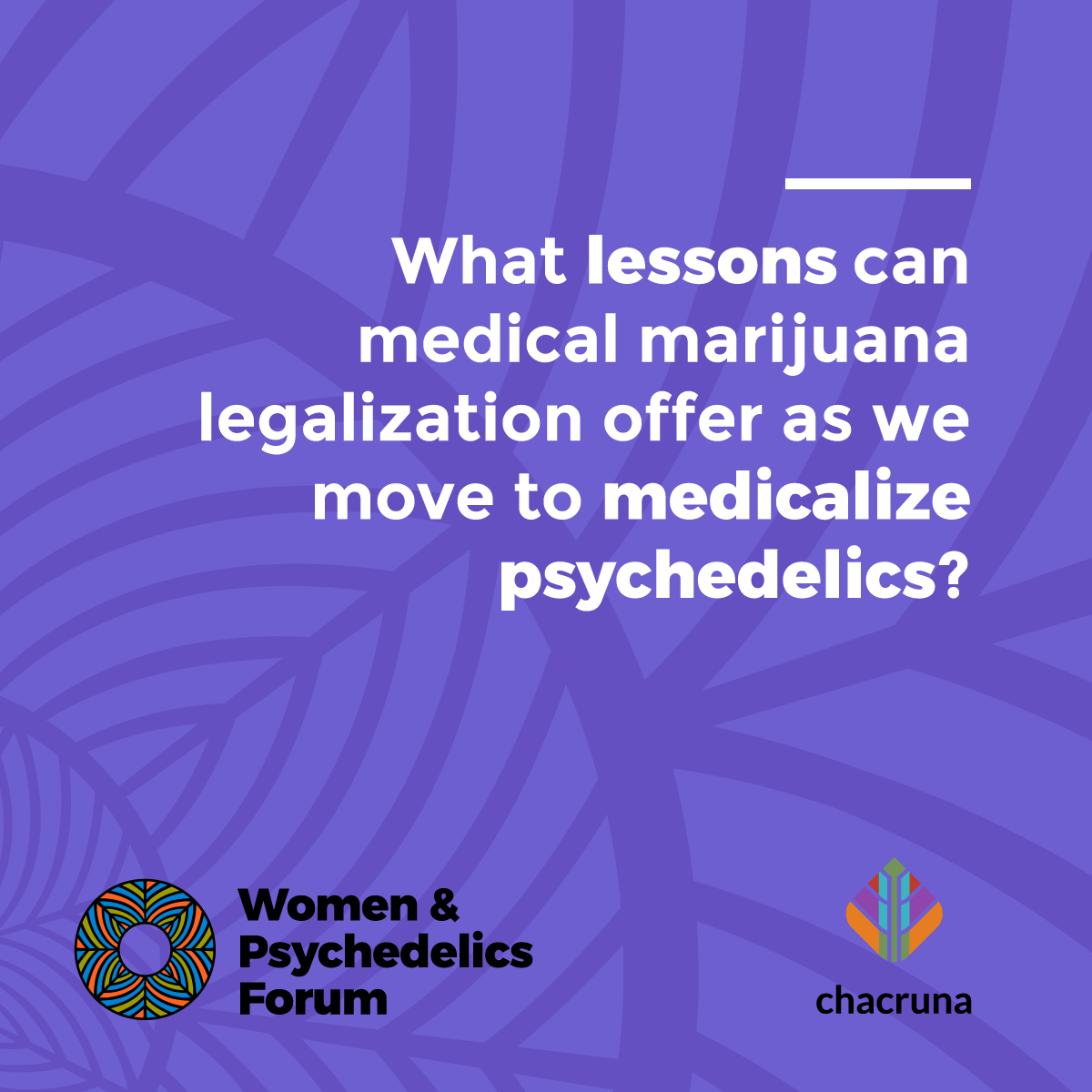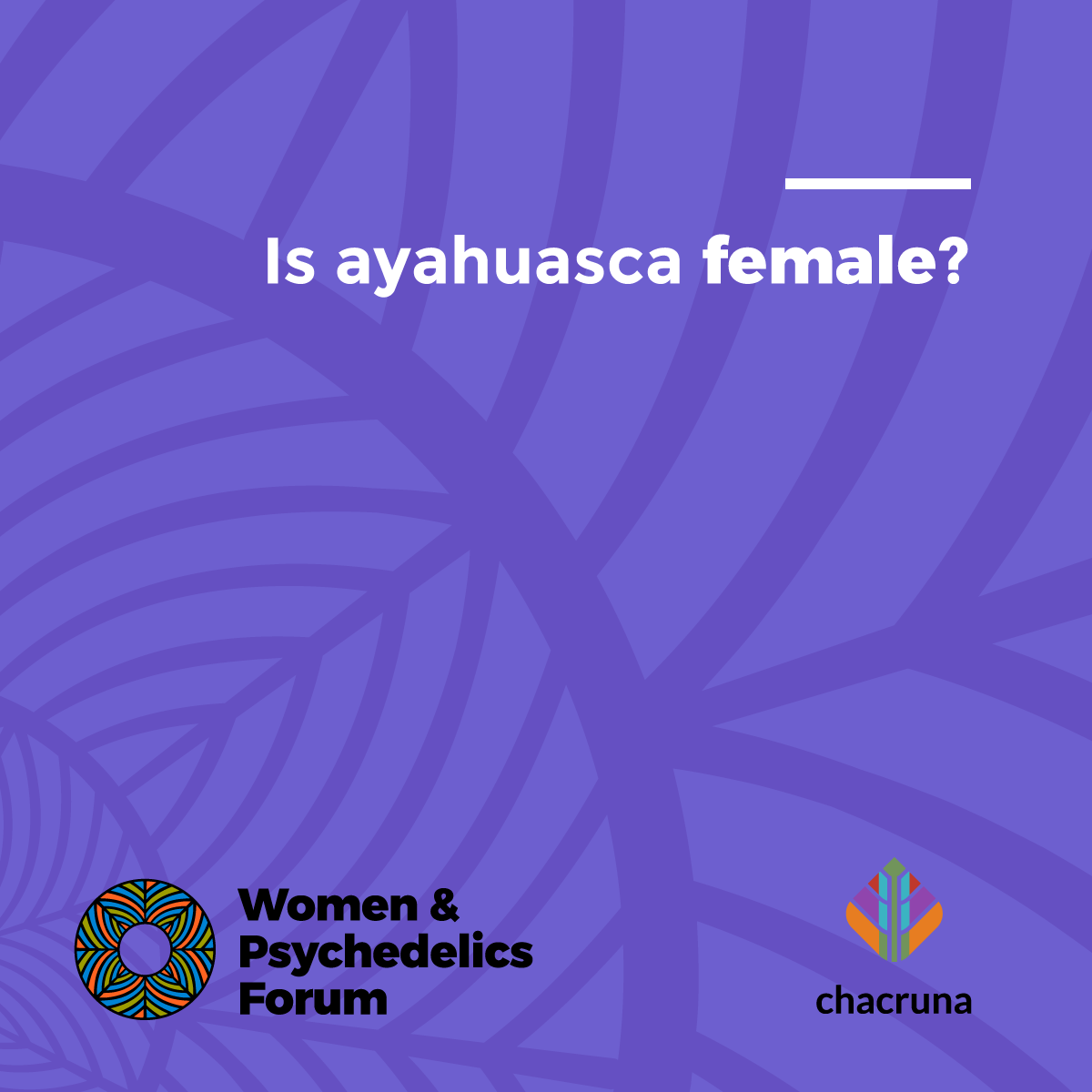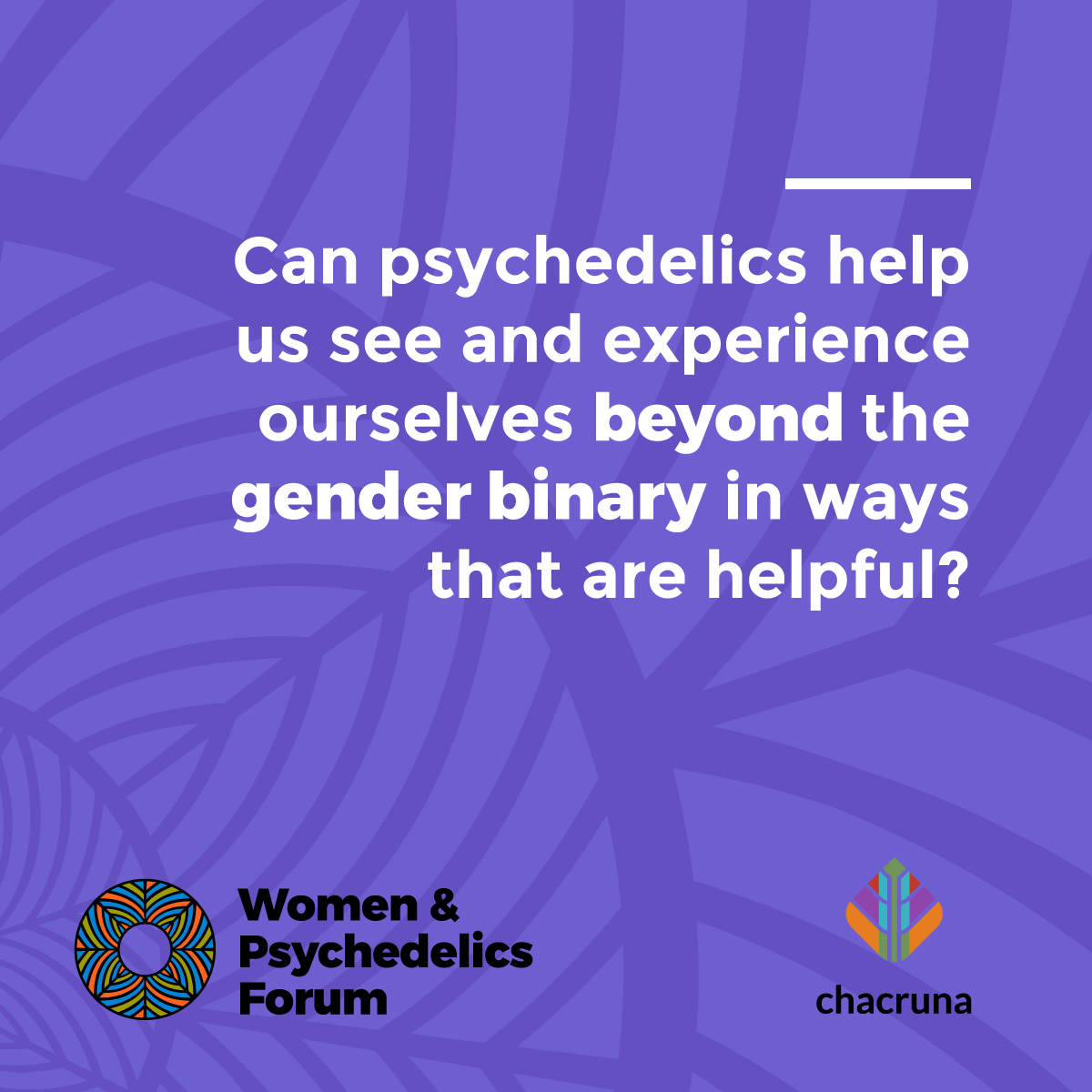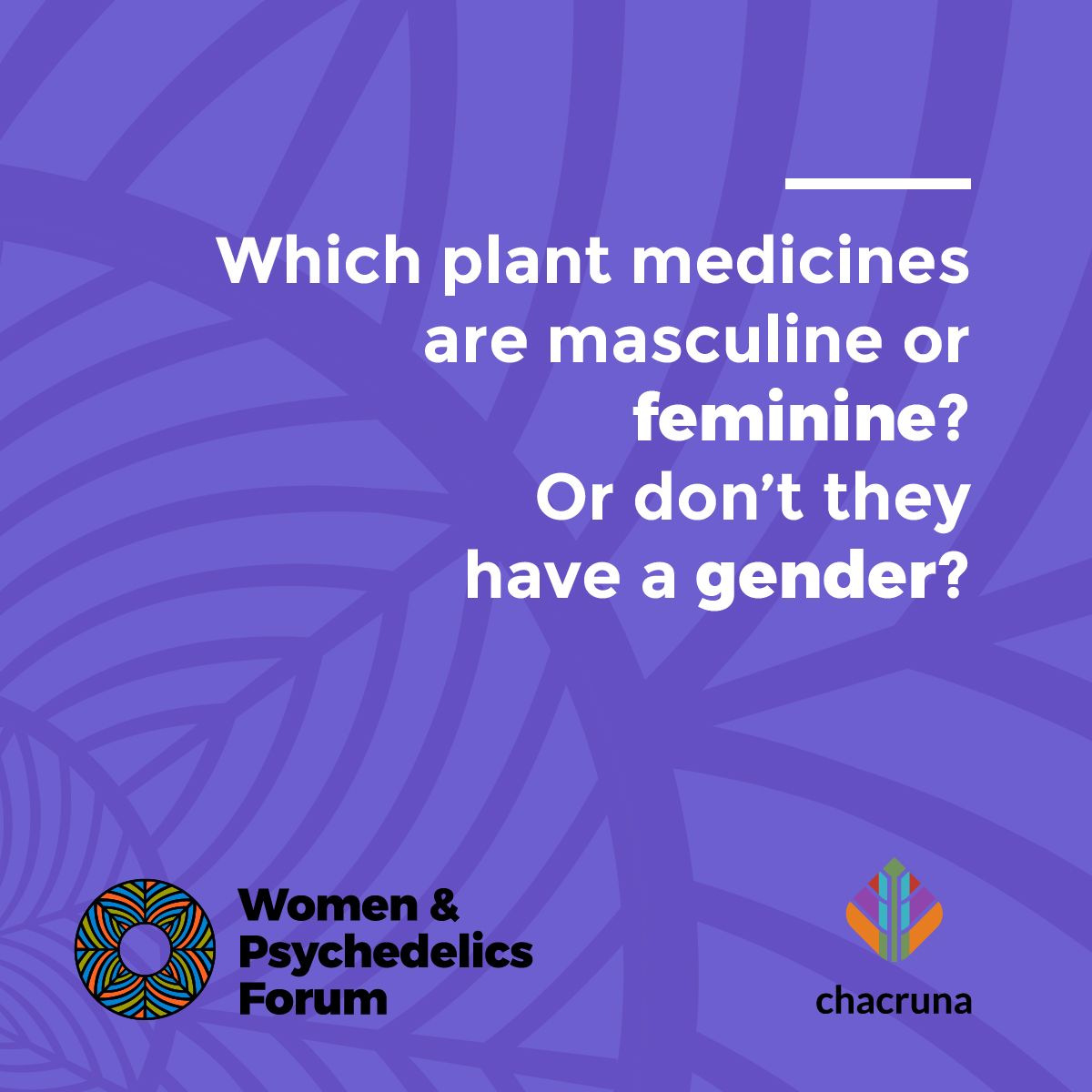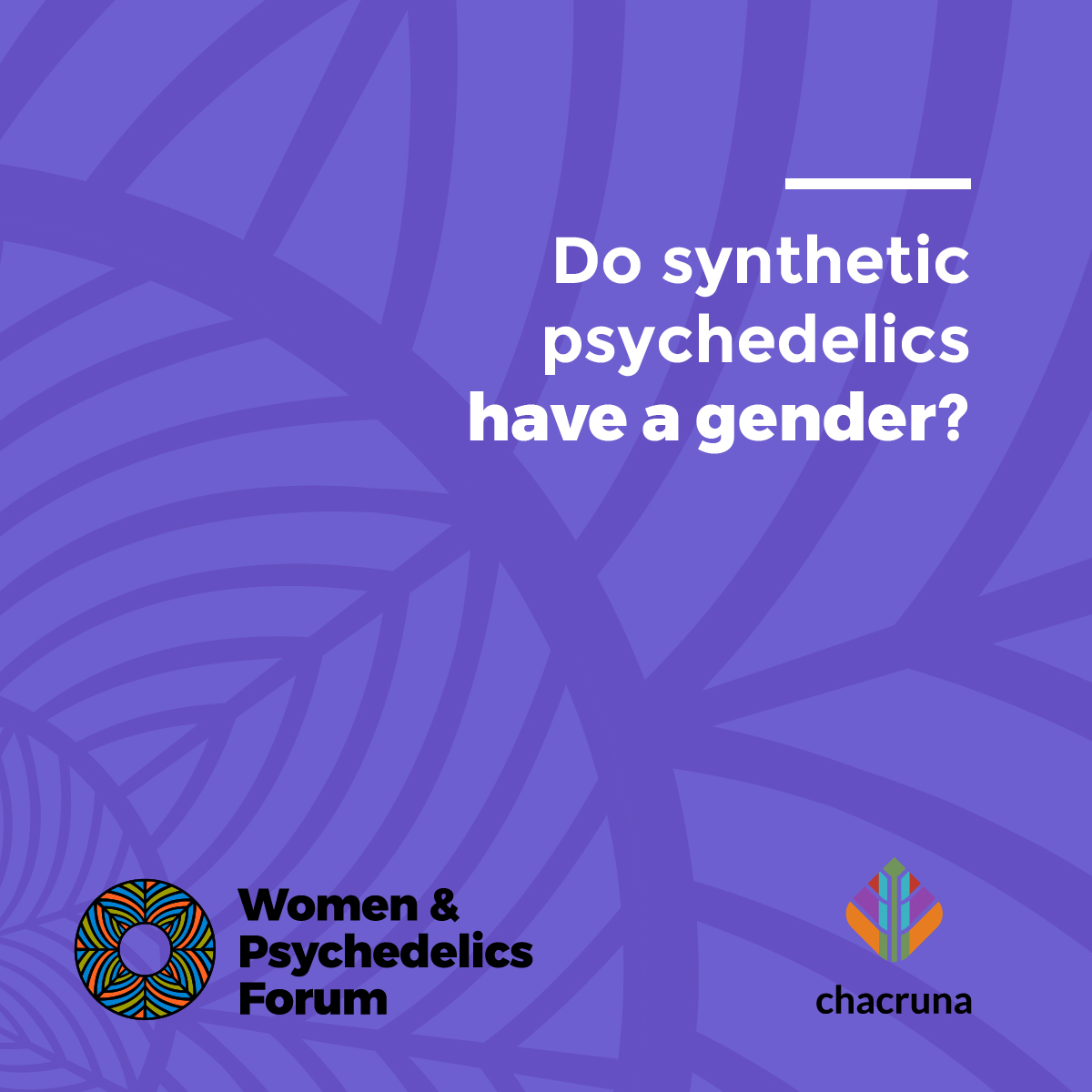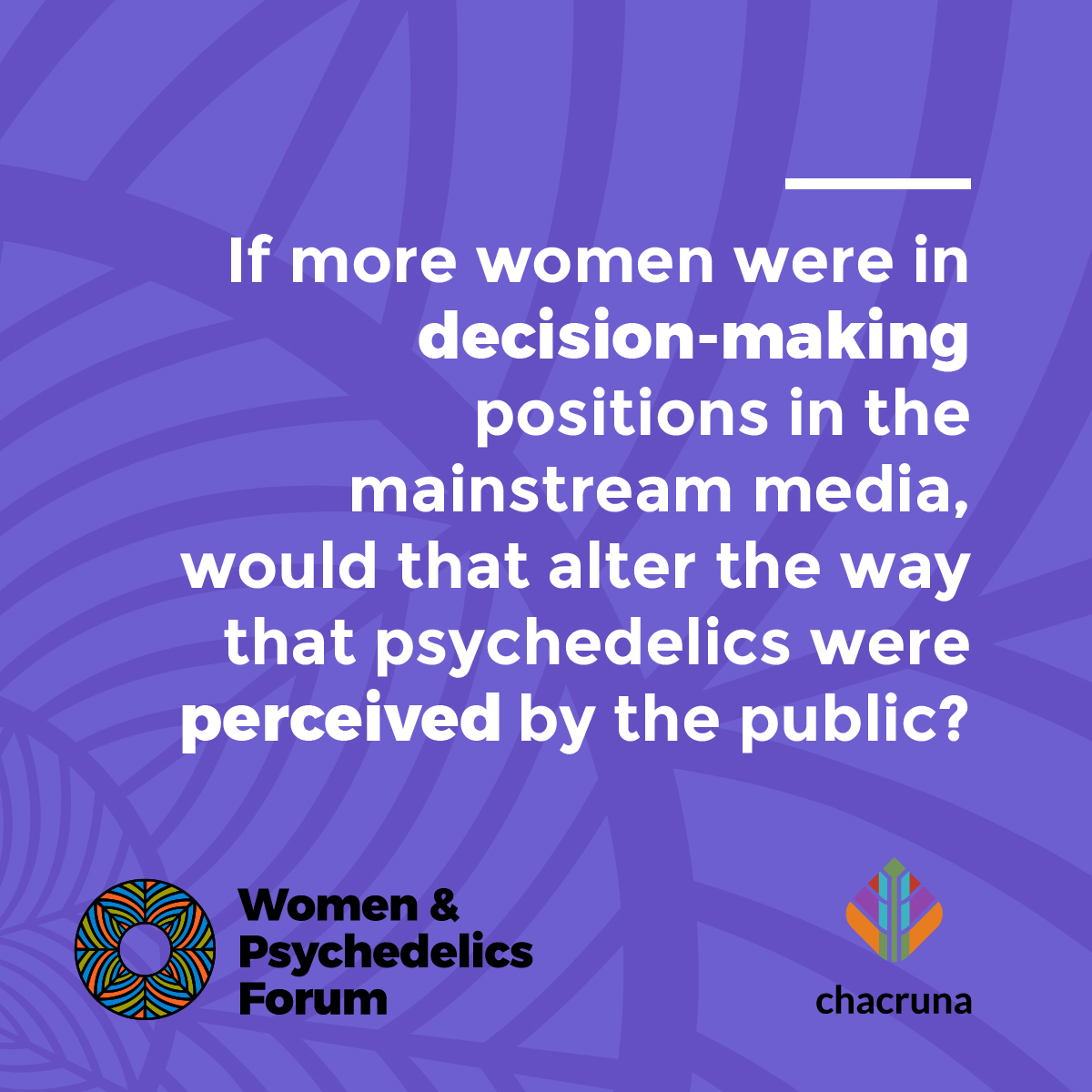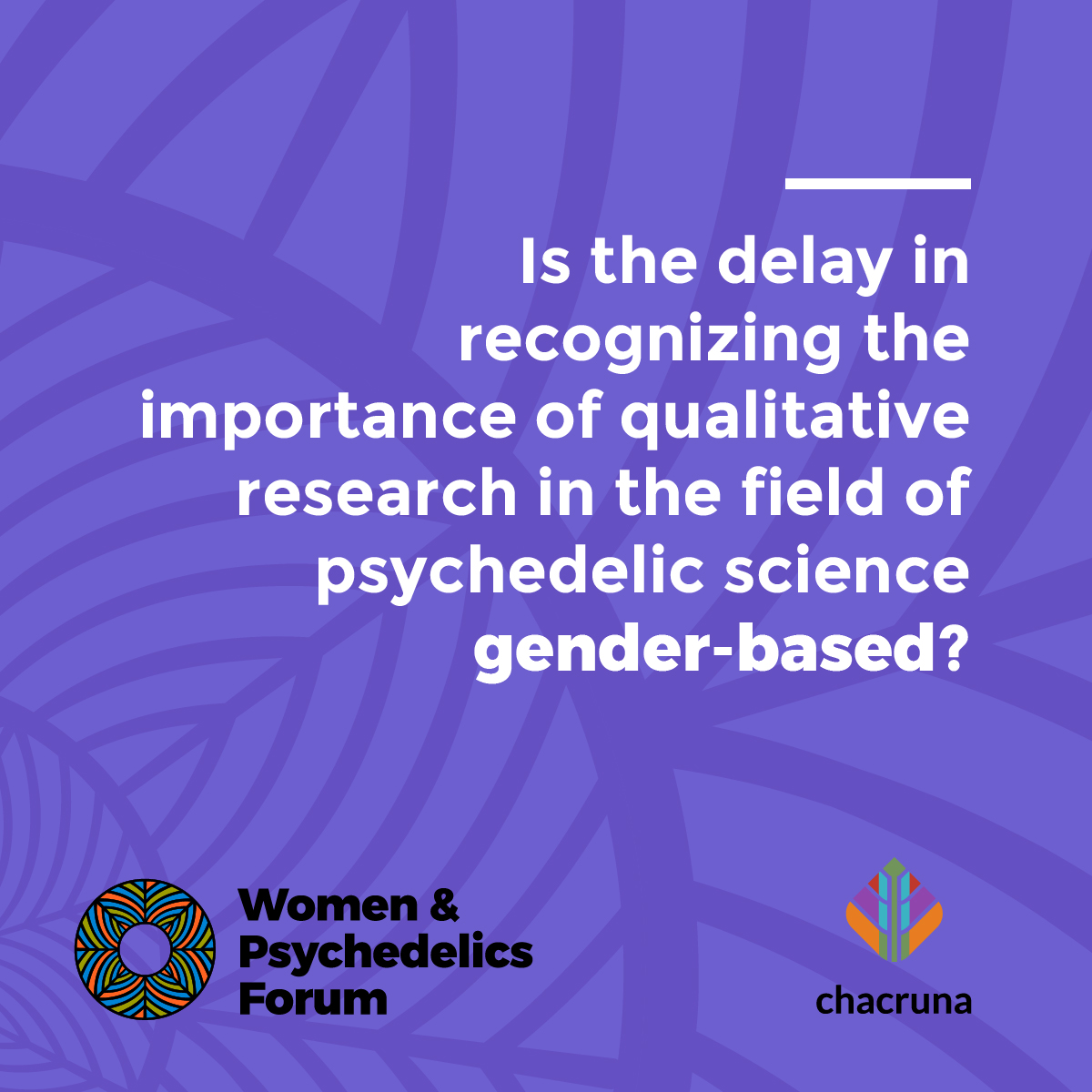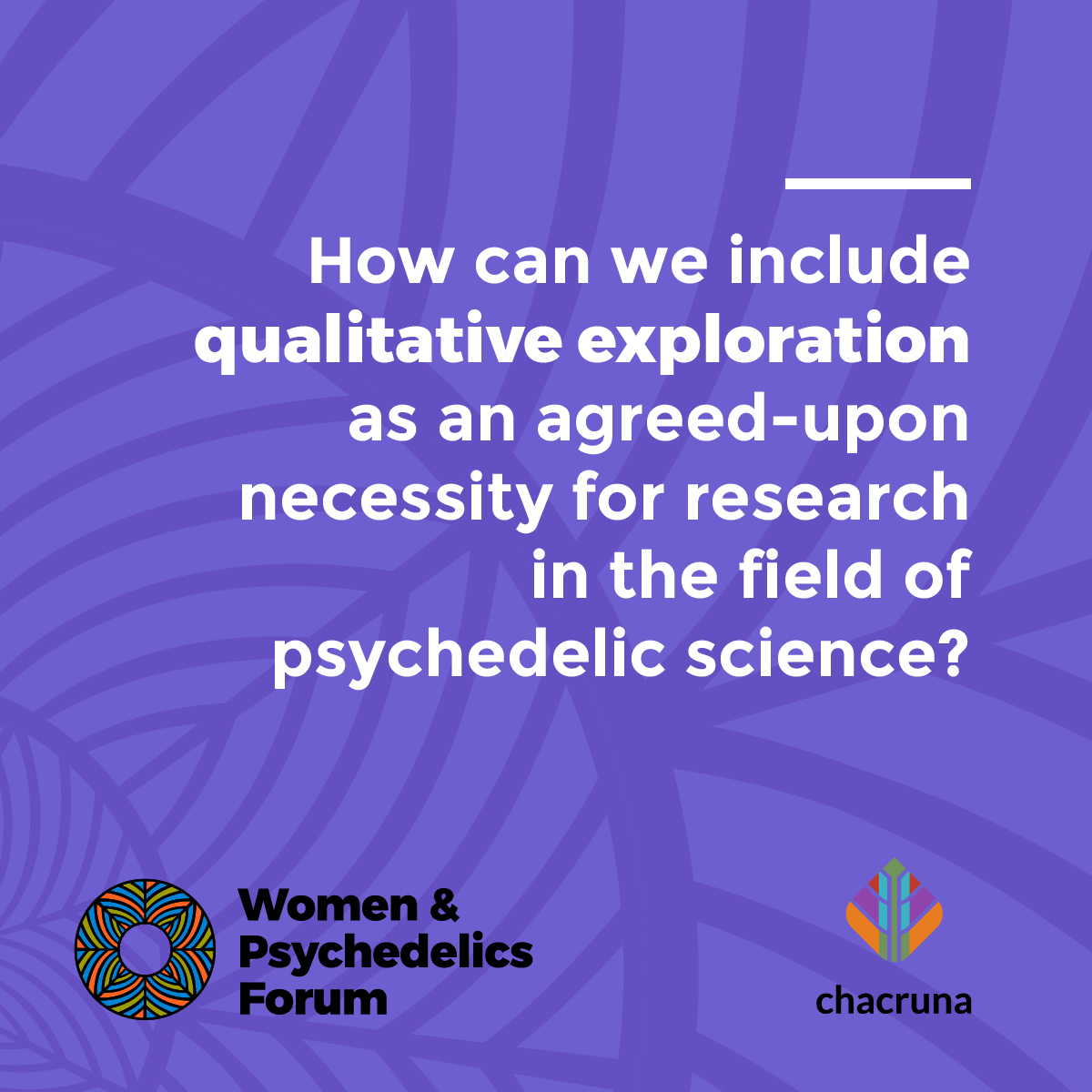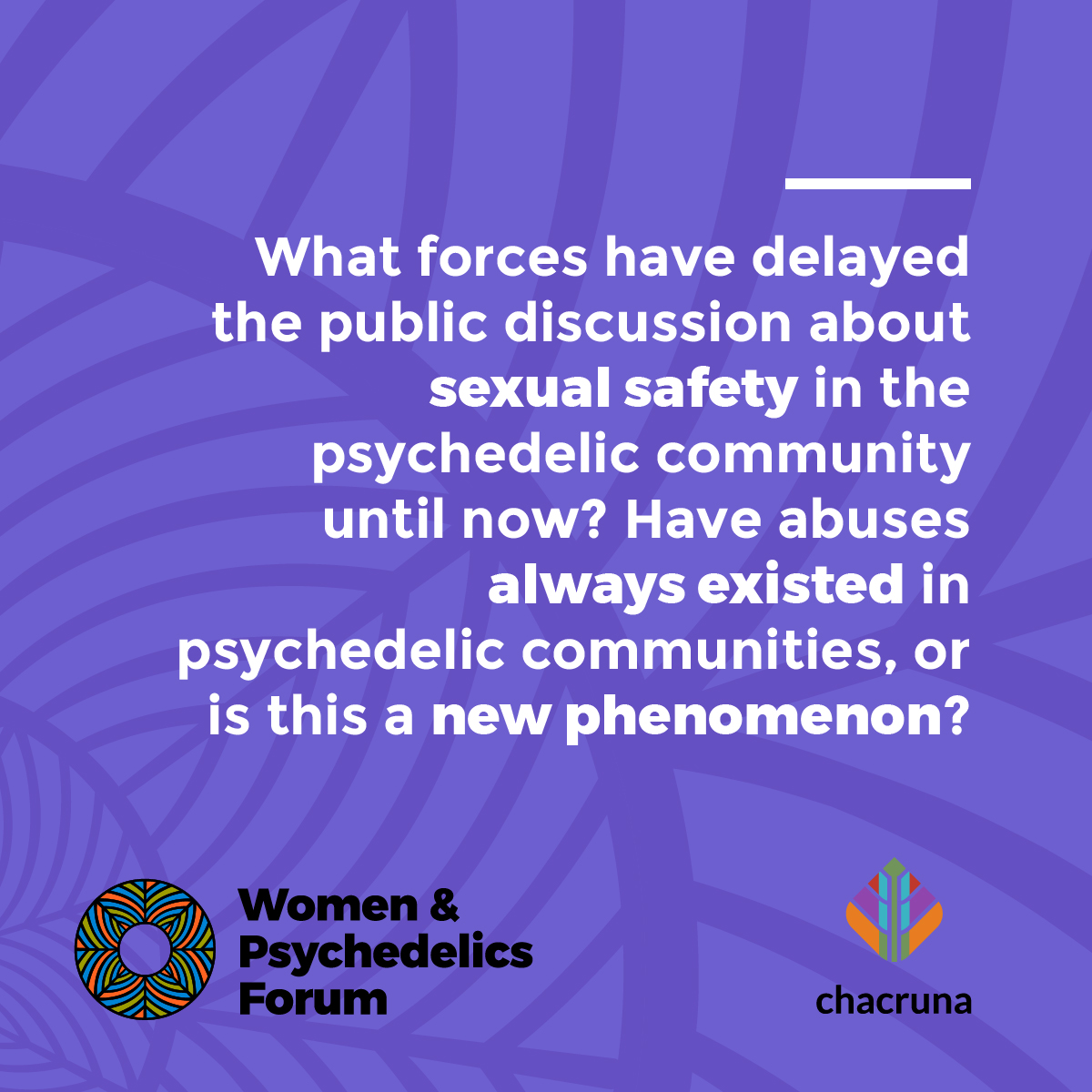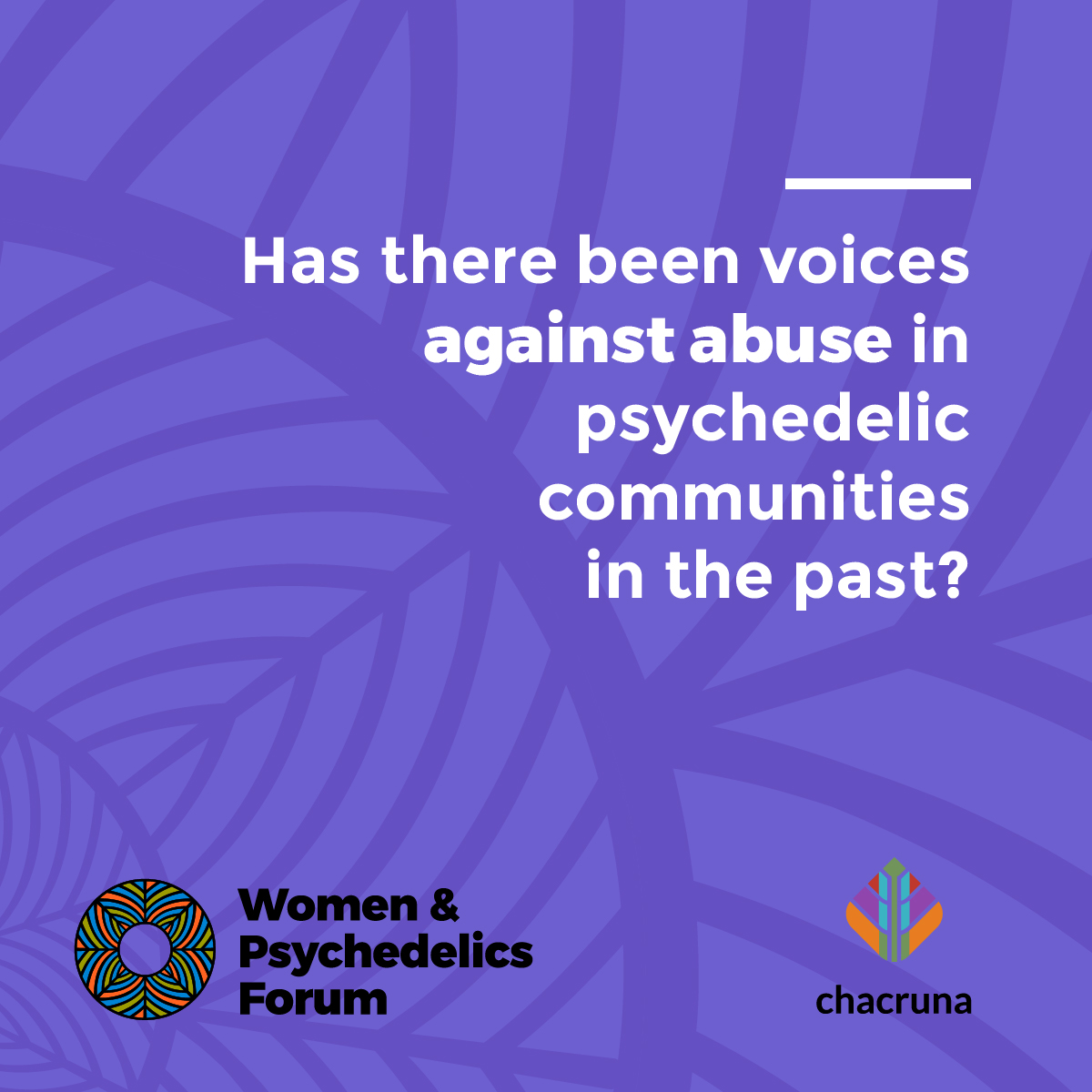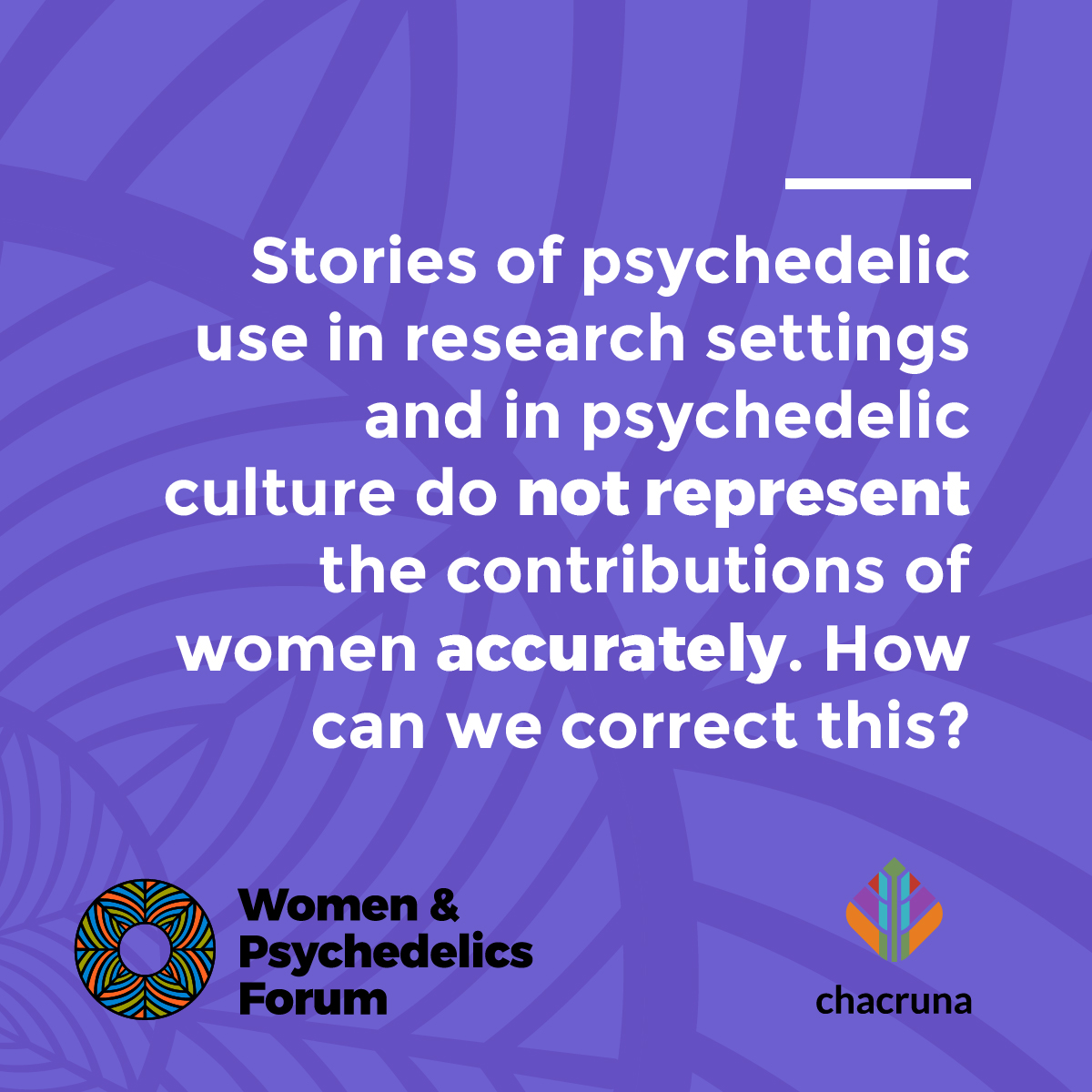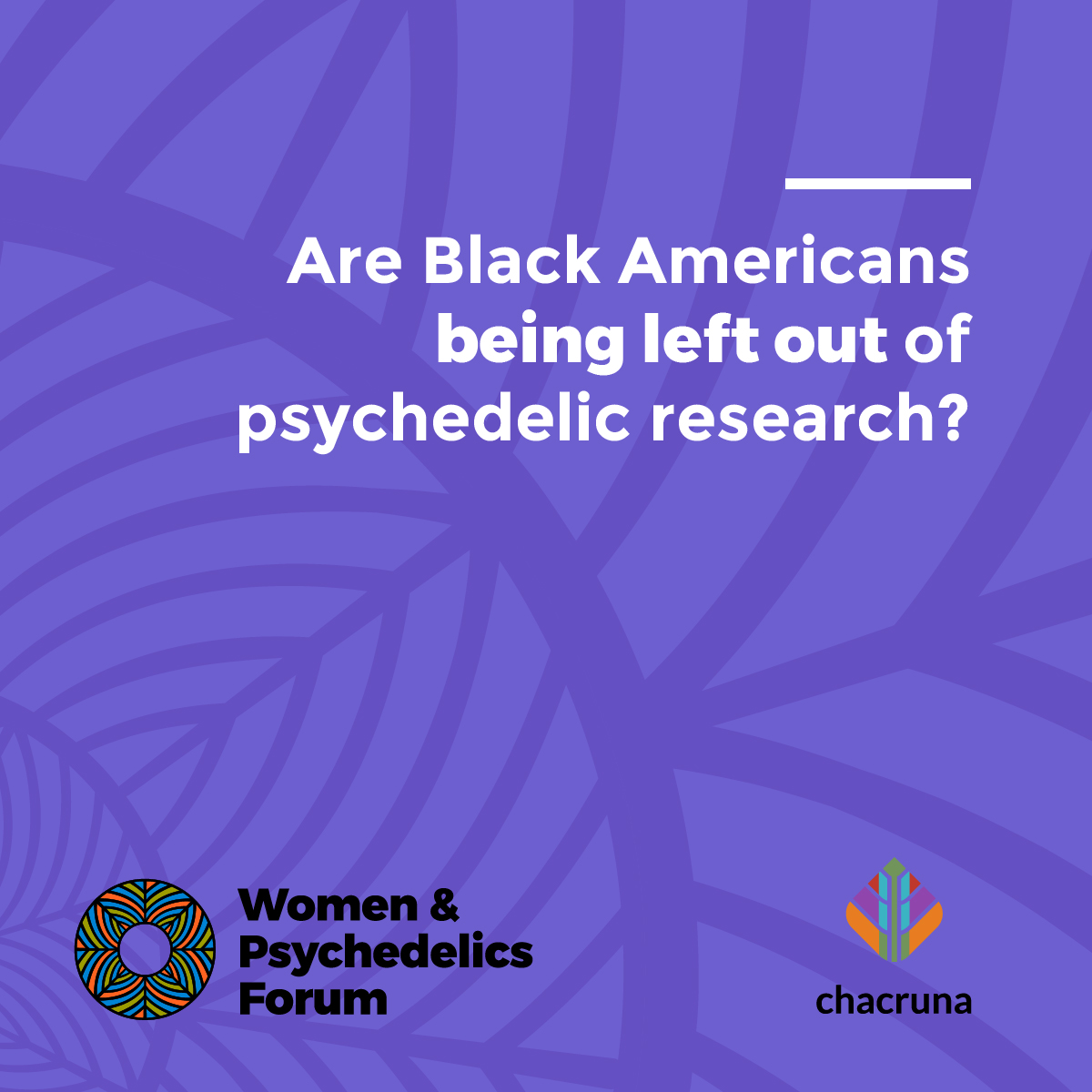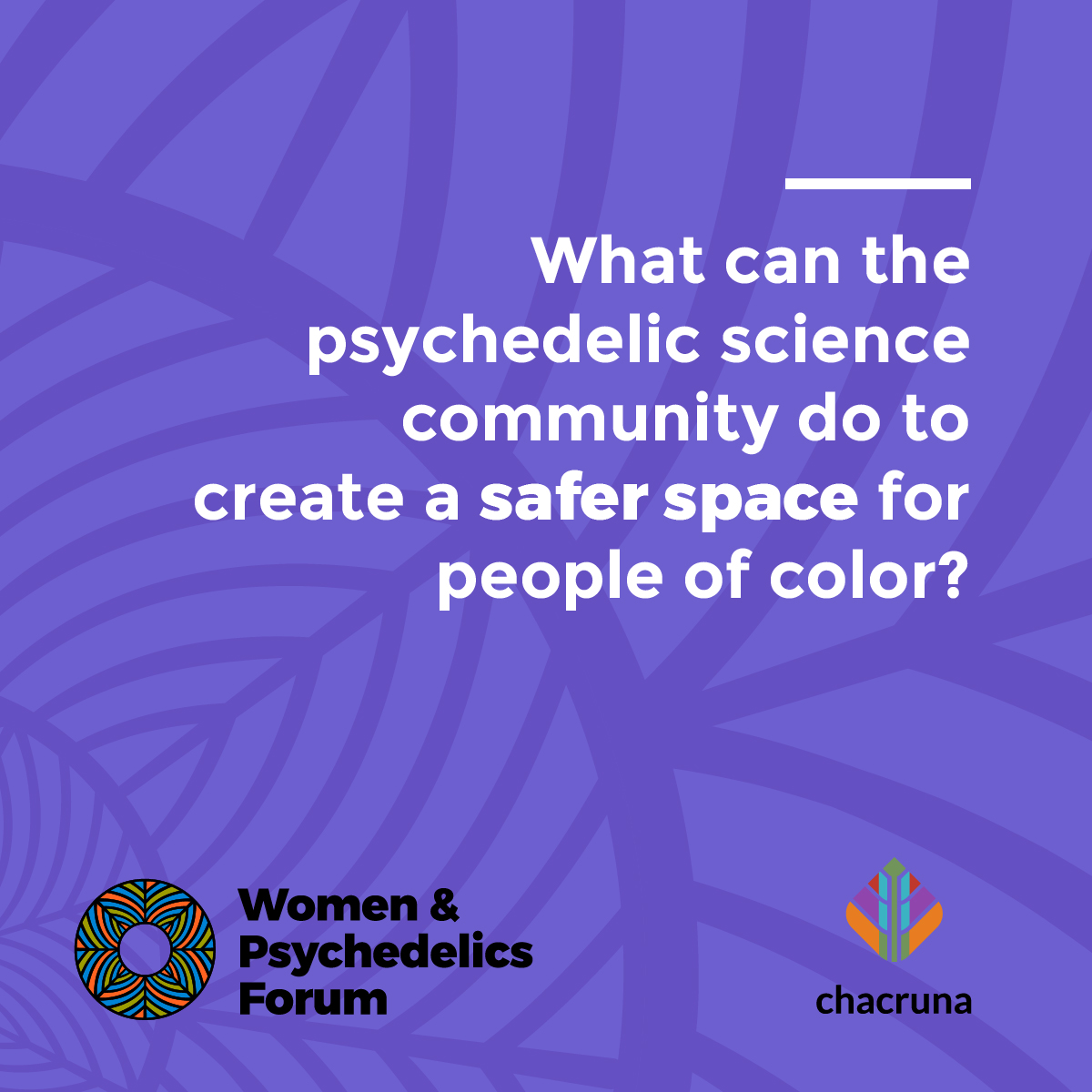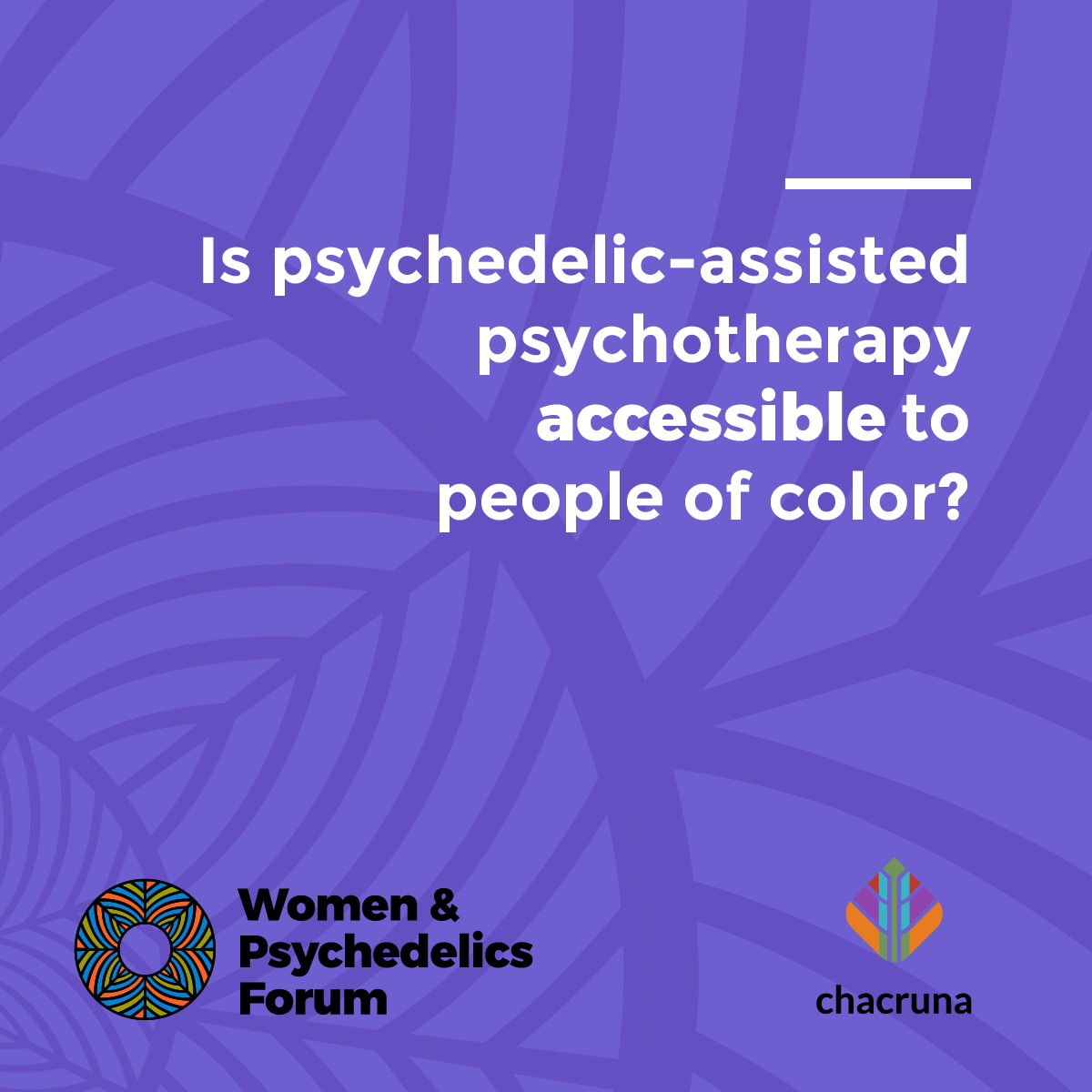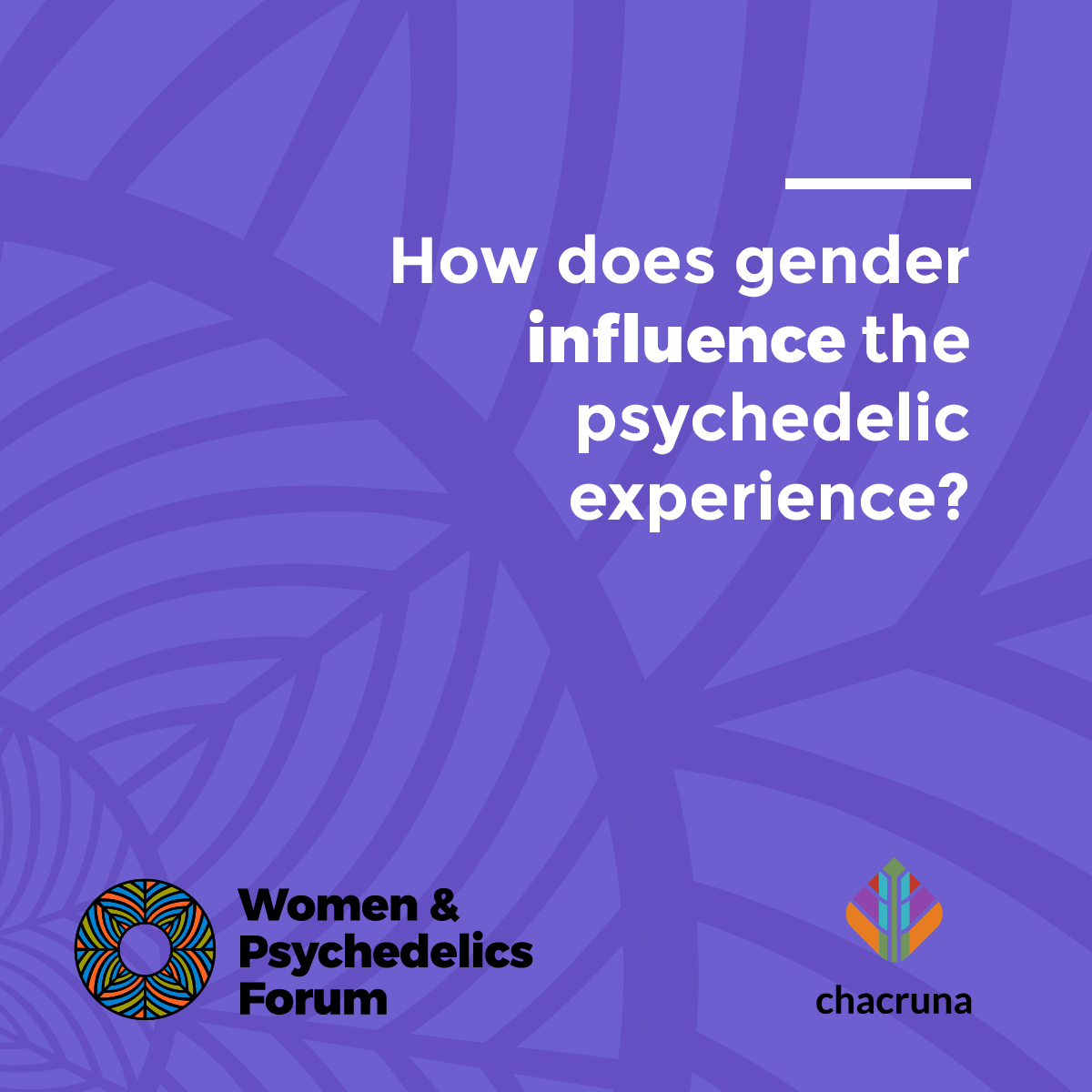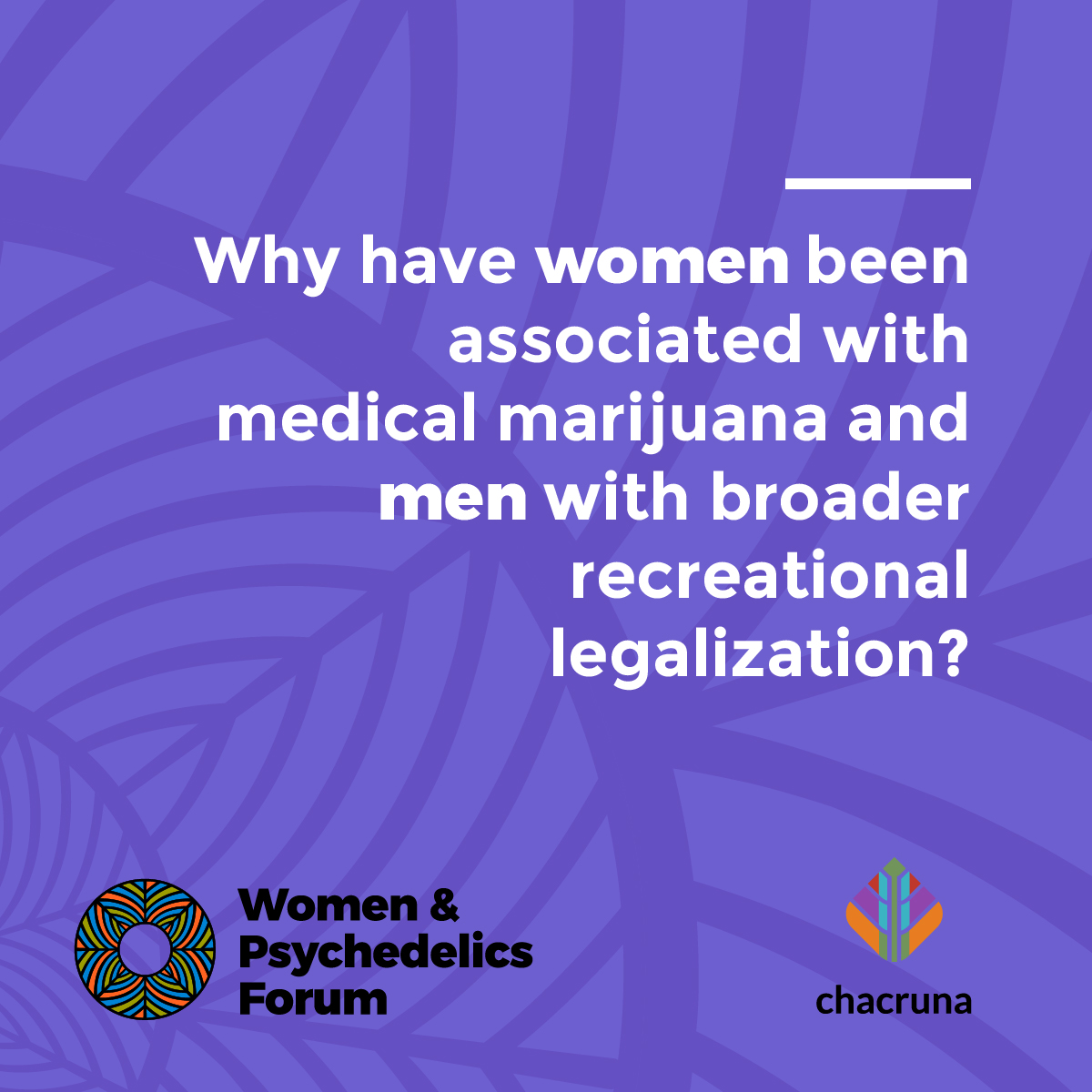CIIS, Namaste Hall, 1453 Mission St, San Francisco, California
November 19, 2 pm to 9 pm
The psychedelic community in the US, as well as the field of psychedelic science, have both historically been heavily male-oriented with a deep under-representation of women. Few women serve on boards of non-profits and philanthrophic organizations; this affects the production of knowledge on psychedelics. A lack of diversity has not only influenced the course of scientific research, but also of drug policy reform activism and psychedelic-related spirituality. This unique forum aims to challenge the effects of this imbalance. Among the fifteen women presenting are some of our most esteemed elders; the forum features prominent voices from both the psychedelic underground and academic researchers. Presenters will address such topics as gendered psychedelic spirituality and ways of healing; personal use and professional risk; biomedical and social science research; drug policy reform and activism; intersections of gender, race and class; and sex, seduction, and safety within psychedelic communities. The intention of the forum is to help solidify opposition to oppression, including in its racist, sexist, classist, homophobic, xenophobic, and transphobic forms.
Teachings are appropriate for health care professionals as well as the general public. Health care professionals will be able to incorporate the tools and practices offered in this program in ways beneficial to clients or patients.
Presented by: Chacruna and CIIS East-West Psychology Program
Sponsor: MAPS, Women’s Visionary Council and Compassion for Addiction
Attendance
– Faculty, students and staff CIIS: $ 15.00
– Public: $ 40.00
– Continuing education credits: $ 80.00
– Scholarships available (please apply!)
Information on Continuing Education Credit for Health Professionals (5.0 CE hours):
– CE credits for psychologists are provided by the Spiritual Competency Resource Center (SCRC) which is co-sponsoring this program. The Spiritual Competency Resource Center is approved by the American Psychological Association to sponsor continuing education for psychologists. The Spiritual Competency Resource Center maintains responsibility for this program and its content.
– The California Board of Behavioral Sciences accepts CE credits for LCSW, LPCC, LEP, and LMFT license renewal for programs offered by approved sponsors of CE by the American Psychological Association.
– LCSWs, MFTs, and other mental health professionals from states other than California need to check with their state licensing board for approval.
– SCRC is approved by the California Board of Registered Nursing (BRN Provider CEP16887) for licensed nurses in California.
– For questions about receiving your Certificate of Attendance, contact Stephen Julich, Program Manager East-West Psychology, CIIS, at [email protected]. For questions about CE, visit www.spiritualcompetency.com or contact David Lukoff, PhD at [email protected].
Registrations here
Program
Introduction
2:00 – 2:45pm – Registration
2:45 – 2:50pm – Opening – Bia Labate
2:50 – 2:55 – Launch of the Ayahuasca Community Guide for the Awareness of Sexual Abuse – Emily Sinclair
2:55 – 3:00pm – Statement: MAPS PBC Commitment to Ethics and Ethical Touch – Sarah Scheld
3:00 – 3:40pm – Keynote Address – Kathleen Harrison – Feminism, The Feminine, and Psychedelics: The Past 50 years
3:40 – 4:00 pm – Presentation – Sara Reed – Ego Dissolution, Racial Wounds, and the Female Body: A Journey Home
4:00 – 6:00pm – Panel 1 – Women’s Spirituality, Feminism in Psychedelic Studies, and Drug Reform Activism
Moderator: Jae Sevelius
Annette Williams – Women, Spirituality and Plant Based Medicines
Val Corral – The Economy of Healing
Wendy Chapkis – Trouble in Paradise: Lessons in Gender, Race, and Class Inequality in Marijuana Legalization
Michelle Corbin – The personal is political: The feminist possibilities of psychedelic praxis
6:00 – 7:00pm – Dinner break
7:00 – 9:00pm – Panel 2 – Power, Seduction and Safety in Psychedelic Communities
Moderator: Maria Mangini
Alicia Danforth – Coming Down from the Psychedelic Power Trip
Clancy Cavnar – Gender, Patriarchalism and Power in Ayahuasca Communities
Annie Oak – Radical Risk Reduction and Community Conflict Resolution
Jodie Evans – Bringing Gifts from Ayahuasca into Form
Videos
Biographies
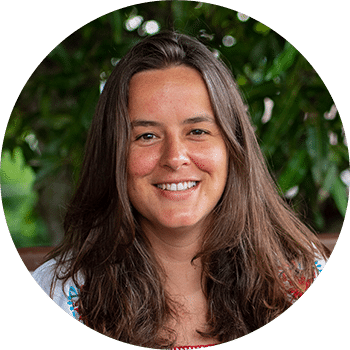
Dr. Beatriz Caiuby Labate (Bia Labate) is a queer Brazilian anthropologist who immigrated to the U.S. in 2017. She has a Ph.D. in social anthropology from the State University of Campinas (UNICAMP), Brazil. Her main areas of interest are the study of plant medicines, drug policy, shamanism, ritual, and religion. She is Executive Director of the Chacruna Institute for Psychedelic Plant Medicines (https://chacruna.net), an organization that provides public education about psychedelic plant medicines and promotes a bridge between the ceremonial use of sacred plants and psychedelic science. She is Adjunct Faculty at the East-West Psychology Program at the California Institute of Integral Studies (CIIS) in San Francisco, and Visiting Professor at the Center for Research and Post Graduate Studies in Social Anthropology (CIESAS) in Guadalajara. She is also Public Education and Culture Specialist at the Multidisciplinary Association for Psychedelic Studies (MAPS). She is co-founder of the Interdisciplinary Group for Psychoactive Studies (NEIP) in Brazil, and editor of NEIP’s website (http://www.neip.info), as well as editor of the Mexican blog Drugs, Politics, and Culture (http://drogaspoliticacultura.net). She is author, co-author, and co-editor of twenty books, one special-edition journal, and several peer-reviewed articles (http://bialabate.net).
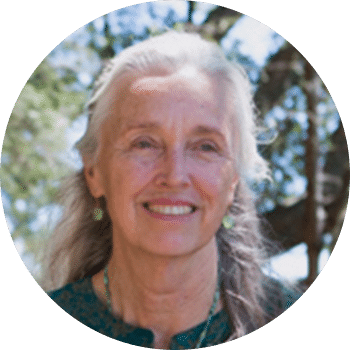
Kathleen Harrison, M.A., is an ethnobotanist who teaches internationally about global and regional beliefs and practices involving plants and fungi. She specializes in the study of ritual and mythical relationships with nature. Her four decades of recurrent fieldwork include research in Mexico, Peru, Ecuador, Costa Rica and Hawaii. She contributed a chapter to the book Cannabis and Spirituality: An Explorer’s Guide to an Ancient Plant Spirit Ally (Inner Traditions, 2017). In her investigations with indigenous people, and her personal experience, she often focuses on the persona or perceived active essence of a ceremonial plant or mushroom species. Kat co-founded Botanical Dimensions in 1985, with Terence McKenna. This non-profit organization has sponsored ethnobotany research and documentation projects in various countries. BD is based north of San Francisco, California, where it hosts the unique Botanical Dimensions Ethnobotany Library and offers classes, taught by Kat and others. www.botanicaldimensions.org

Alicia Danforth, Ph.D., is a clinical psychologist in California. She has worked as a researcher on clinical trials with psilocybin- and MDMA-assisted therapies since 2006 at the Los Angeles Biomedical Research Institute at the Harbor-UCLA Medical Center. She currently is a lead clinician on a pilot study at UC San Francisco on psilocybin-assisted group therapy for psychological distress in long-term survivors of HIV/AIDS. At the Institute of Transpersonal Psychology, she co-developed and taught the first graduate-level course on psychedelic theory, research, and clinical considerations for therapists and researchers in training. Alicia also has a private practice in Los Gatos, with a specialty in psychotherapy tailored to the needs and preferences of autistic adults.
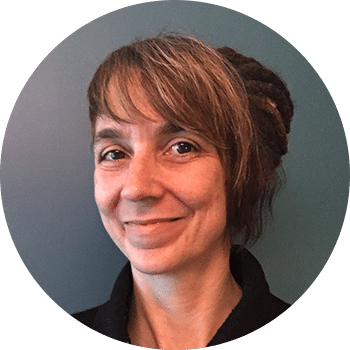
Dr. Michelle Corbin currently serves as Associate Professor of Sociology and Affiliate Faculty of Women’s Studies at Worcester State University. Dr. Corbin earned her Ph.D. in Sociology and her Graduate Certificate in Women’s Studies in 2010 from the University of Maryland. Her research on psychedelic sciences is grounded in her academic specializations in sociology of knowledge and feminist science studies. She is particularly interested in contributing to social scientific and social justice explorations of psychedelic sciences and communities.
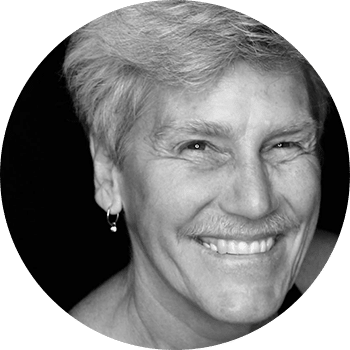
Wendy Chapkis is a Professor of Sociology and Women and Gender Studies at the University of Southern Maine. Her publications include three books, Dying to Get High: Marijuana as Medicine(co-authored with Richard J. Webb, New York University Press, 2008); Live Sex Acts: Women Performing Erotic Labor(Routledge, 1997); and Beauty Secrets: Women and the Politics of Appearance(South End Press, 1986). She is the author of numerous articles in the field of drug policy including “Terms of Surrender: marijuana legalization in the United States” (Contexts, 2015), “The Trouble with Mary Jane’s Gender: gender politics in the marijuana policy reform movement,” (Humboldt Journal of Social Relations, 2013) and “Cannabis, Consciousness and Healing,” (Contemporary Justice Review 2007). Dr. Chapkis has served as the Vice-President of the national Society for the Study of Social Problemsand was honored in 2016 as the recipient of the American Sociological Association’sSenior Scholar Award for work on alcohol, drugs and tobacco. She is currently studying marijuana legalization efforts in the state of Maine.
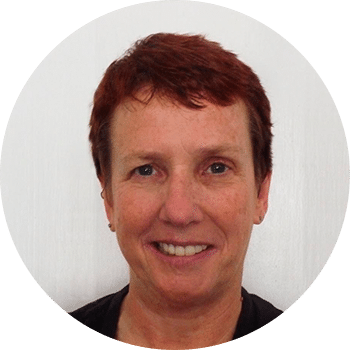
Clancy Cavnar has a doctorate in clinical psychology (Psy.D.) from John F. Kennedy University in Pleasant Hill, CA. She currently works in private practice in San Francisco, and is an Associate Director at Chacruna (https://chacruna.net), an organization dedicated to providing public education and cultural understanding about plant medicines. She is also a research associate of the Interdisciplinary Group for Psychoactive Studies (NEIP). She combines an eclectic array of interests and activities as clinical psychologist, artist, and researcher. She has a master of fine arts in painting from the San Francisco Art Institute, a master’s in counseling from San Francisco State University, and she completed the Certificate in Psychedelic-Assisted Therapy program at the California Institute of Integral Studies. She is author and co-author of articles in several peer-reviewed journals and co-editor, with Beatriz Caiuby Labate, of eight books. For more information see: http://neip.info/pesquisadore/clancy-cavnar

Jae Sevelius, PhD is Associate Professor in the Department of Medicine at the University of California, San Francisco, and is a licensed clinical psychologist. At the Center of Excellence for Transgender Health, Dr. Sevelius’ community-led research is focused on leveraging data to develop and evaluate transgender–specific, trauma-informed interventions to promote holistic health and wellness among transgender people, with an emphasis on serving transgender women of color and those affected by HIV in California and São Paulo, Brazil. Dr. Sevelius holds a Certificate in Psychedelic-Assisted Therapies and Research from the California Institute of Integral Studies. Dr. Sevelius’ research and clinical interests lie at the intersections of social justice, sexuality, health, and identity.
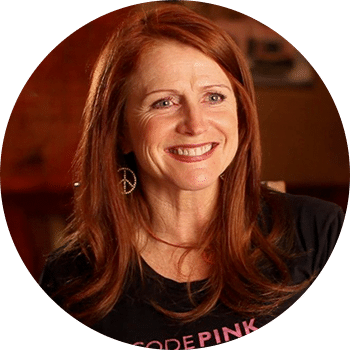
Jodie Evans has been a peace, environmental, women’s rights and social justice activist for over forty-five years. She is the co-founder of CODEPINK that works to stop US Military interventions overseas, promotes diplomatic solutions and Peace. She served in the administration of Governor Jerry Brown and ran his presidential campaigns. She published two books, “Stop the Next War Now” and “Twilight of Empire,” and produced several documentary films, including the Oscar and Emmy-nominated “The Most Dangerous Man in America,” and “The Square.” and Naomi Klein’s; “This Changes Everything”. She sits on many boards, including 826LA, Rainforest Action Network, Institute for Policy Studies, Global Girl Media, Center for New Economy and Drug Policy Alliance. She facilitated the conversation on Psychedelics at the bi-annual conventions of Drug Policy Alliance and Bioneers. The Grandmother has been a part of her life for 30 years.
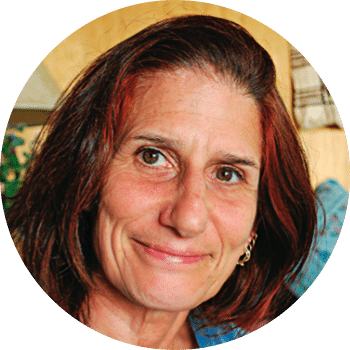
Valerie Leveroni Corral is the co-founder and the director of the Wo/Men’s Alliance for Medical Marijuana, the longest running medical marijuana collective in the US, founded 1993 in Santa Cruz, Ca. WAMM is a patient centric collective, informed by our membership and those serving critically ill members of our community on a donation basis and at no cost. Under Valerie’s directorship, WAMM continues to grow and develop all of our organic products for our members and with their participation when possible. This is accomplished within the context a holistic and individualized approach to healing. We conduct our weekly support meetings and encourage interaction among our seriously ill community buy providing educational and social activities for our members. Valerie was co-author of Proposition 215, acting SB420 advisory board member, community and state advisor on medical cannabis and its therapeutic applications. Was a plaintiff in two federal lawsuits, Conant v. McCaffrey and co-plaintiff with the city and county in Santa Cruz v. Ashcroft. Valerie works closely with and has garnered the support of the city, county and local law enforcement community. Valerie’s work has spanned the nation and the globe in the political, legislative arena and in direct services and patient care with medical cannabis through direct services, education, political, social and hospice care, advising US Congress, the Middle East, the British Commonwealth and other EU countries. She has conducted anecdotal research through WAMM, a patient centric collective serving to relieve suffering. As part of her mission, Valerie has maintained vision to provide care for the seriously ill and financially marginalized for over a generation. Valerie’s greatest work is in serving our dying members and being available at their bedsides. WAMM has developed a sister end of life care organization to address the many concerns of our homebound members and those who face death.
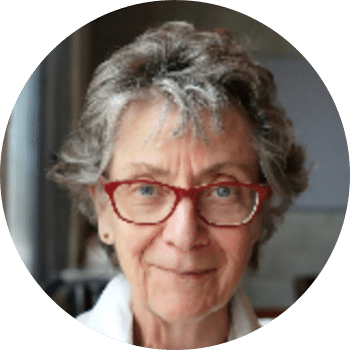
Mariavittoria Mangini, PhD, FNP, has been a family nurse midwife for 25 years. She has written extensively on the impact of psychedelic experiences in shaping the lives of her contemporaries. She has worked closely with many of the most distinguished investigators in this field. Her current project is the development of a Thanatology Program for the study of death and dying. She completed her doctorate in Community Health Nursing at UCSF, where her research centered on drug use and drug policy. Currently, she is the director of the MSN/FNP program at Holy Names University in Oakland, which is consistently ranked by US News & World Report as one of the most ethnically diverse campus communities in the nation (over 60% URM). She is the Interim Director of the CIIS Certificate in Psychedelic Therapies and Research. She has 31 years of experience in family practice and women’s health, including 22 years with the primary care practice of Dr. Frank Lucido, one of the pioneers of the medical cannabis movement. Their practice was one of the first to implement the Compassionate Use Act of 1996 when it became law.
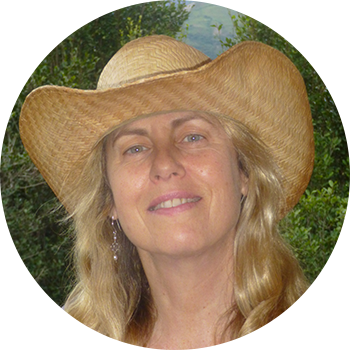
Annie Oak is the founder of the Full Circle Tea House and the Women’s Visionary Council (WVC). The WVC produces the Women’s Visionary Congress, a gathering of psychedelic women and their allies. She is the author of the WVC’s Safety Tips for Participating in Ceremonies That Use Psychoactive Substances and is co-author of the Manual of Psychedelic Support. Annie is also a founding partner of Take 3 Presents, a San Francisco-based event production company that creates private, immersive art parties. She develops risk reduction and safety systems for participants including the creation of protocols to address conflict and sexual assault. When not producing events, Annie works with a human rights organization that analyzes state-sponsored violence and provides data analysis for truth and reconciliation commissions and the International Criminal Court.
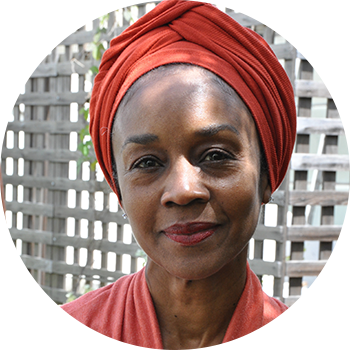
Annette Lyn Williams is chair and core faculty in the Women’s Spirituality program at the California Institute of Integral Studies. She holds a doctorate in Philosophy and Religion with specialization in Women’s Spirituality. Research interests have centered on soul healing from sexual trauma including reclamation of the powerful erotic and libidinal energies spoken to by Audre Lorde and Carl Jung, respectively, and on the theme of women’s spiritual power and agency within the Yorùbá Ifá tradition, with specific reference to the primordial feminine authority of àjẹ́. She collaborated with Lucia Birnbaum and Karen Villanueva on the compilation of She is Everywhere! An Anthology of Writing in Womanist/Feminist Spirituality,Vol. 2, and has authored “The Divine Feminine in Yoruba Cosmology” found in Goddesses in Myth, History, and Culture. Her entry, “Drumming,” appears in the forthcoming Women in World Religions: Faith and Culture Across History, and she is currently co-editing a Motherline anthology.
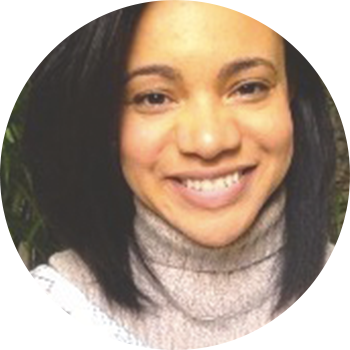
Sara Reed, M.S., is a Marriage and Family Therapist who practices in Farmington, Connecticut. She is currently a sub-investigator and study coordinator for the MAPS MDMA Clinical Study of PTSD at the University of Connecticut Health Center. Sara’s clinical interests include exploring relational processes and emotional patterns in Black-Americans and identifying sociocultural variables for ethnoracial minority participants in the MDMA-Assisted Psychotherapy for PTSD clinical trials. Sara also works to advance health equity and upward social mobility among boys and men of color through neutral strategies, such as art, in the state of Connecticut. As a socially-minded therapist, Sara continuously works to expand culturally sensitive practices within her work and within the literature of the mental health field.
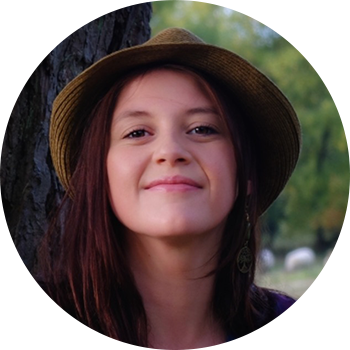
Emily Sinclair is a social anthropology PhD. candidate with Durham University, UK. Her research focuses on the globalization of ayahuasca in the context of the Iquitos region in Peru, where she was based between 2014 and 2018. Before beginning anthropological fieldwork, Emily lived and worked with a local healer and his family with whom she ran an ayahuasca healing center for over two years. She has also worked as a facilitator in other centers in the Iquitos region. Her interests include the contemporary revival of shamanic practice, the use of plant medicines for spiritual exploration and healing, and the study of human potentials and evolution. Emily is a member of Chacruna’s Ayahuasca Community Committee and is involved in Chacruna’s initiative on preventing sexual abuse.
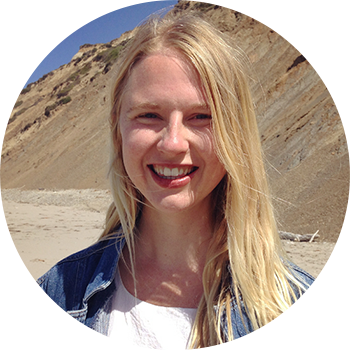
Sarah Scheldearned her M.A. in East-West Psychology program in 2016 from the California Institute of Integral Studies, focusing on psychedelic-assisted therapy and integration approaches. Prior to joining MPBC, Sarah has worked as a somatic counselor specializing in relational trauma work, a program coordinator for ecopsychology trainings, and as a production designer and filmmaker. At MPBC, Sarah assists in administration and program coordination for the MDMA Therapy Training Program, which educates health professionals and researchers to provide MDMA-assisted psychotherapy for PTSD in approved settings. In addition to her role at MPBC, Sarah’s speaking and writing focus on trauma-informed approaches to psychedelic-assisted psychotherapy, and social justice within the psychedelic movement. Trained in the Hakomi method and Somatic Experiencing, she is dedicated to continuing her own education in somatic psychotherapy, trauma resolution, and working therapeutically with expanded states of consciousness. She is passionate about the role of trauma awareness and the skillful use of psychedelic medicines in helping to heal people, communities, and environments. She lives in Berkeley, CA.
Recommended readings


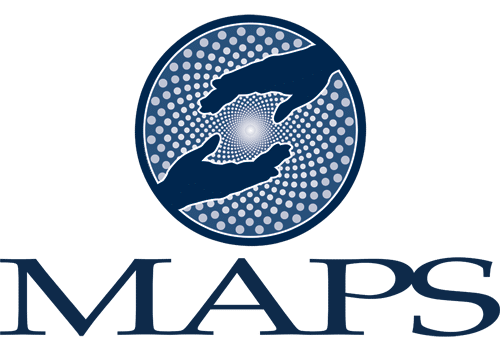
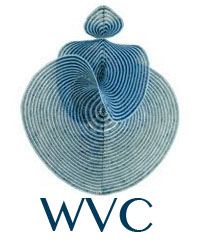

Take a minute to browse our stock:
Did you enjoy reading this article?
Please support Chacruna's work by donating to us. We are an independent organization and we offer free education and advocacy for psychedelic plant medicines. We are a team of dedicated volunteers!
Can you help Chacruna advance cultural understanding around these substances?










